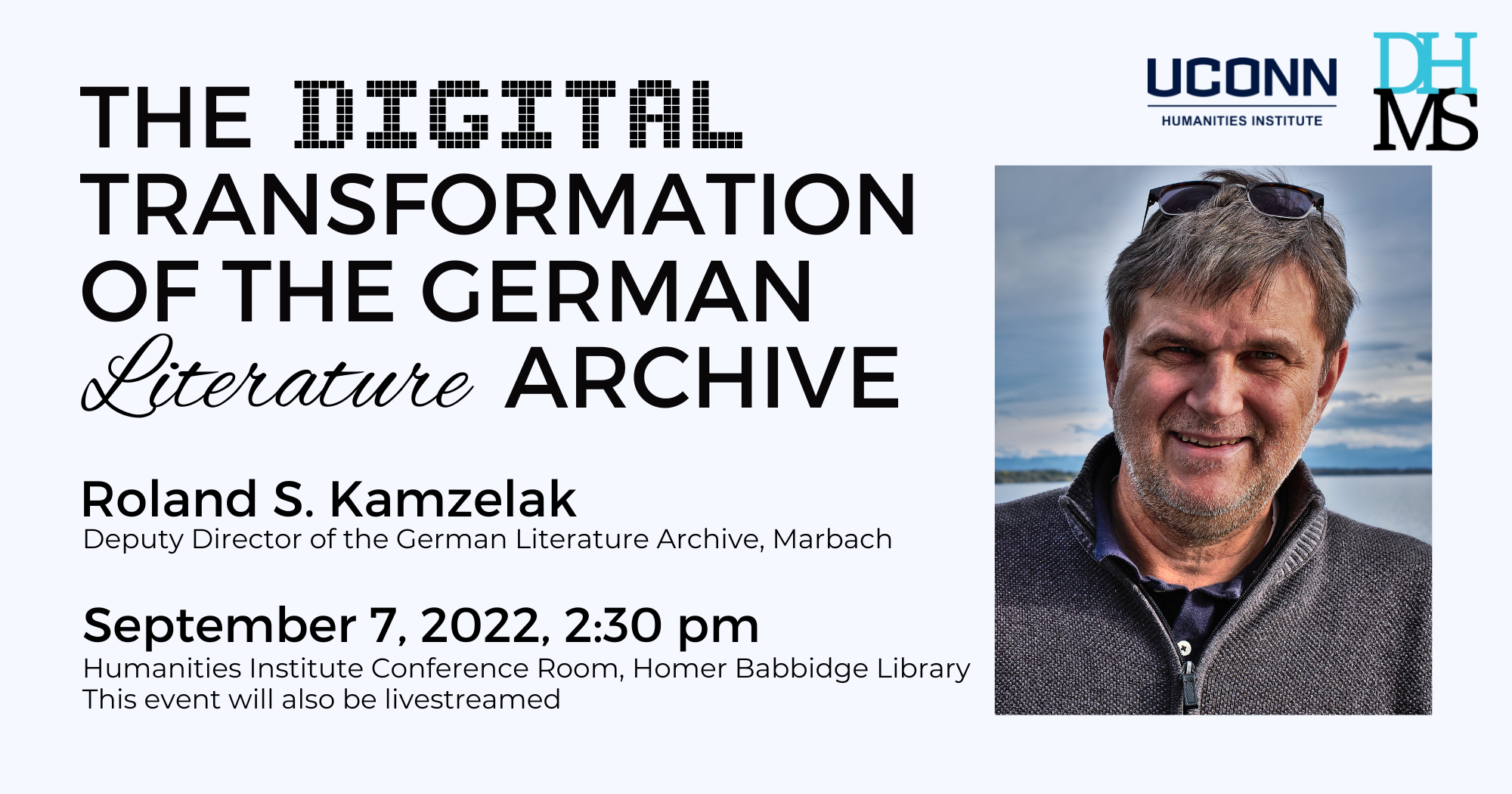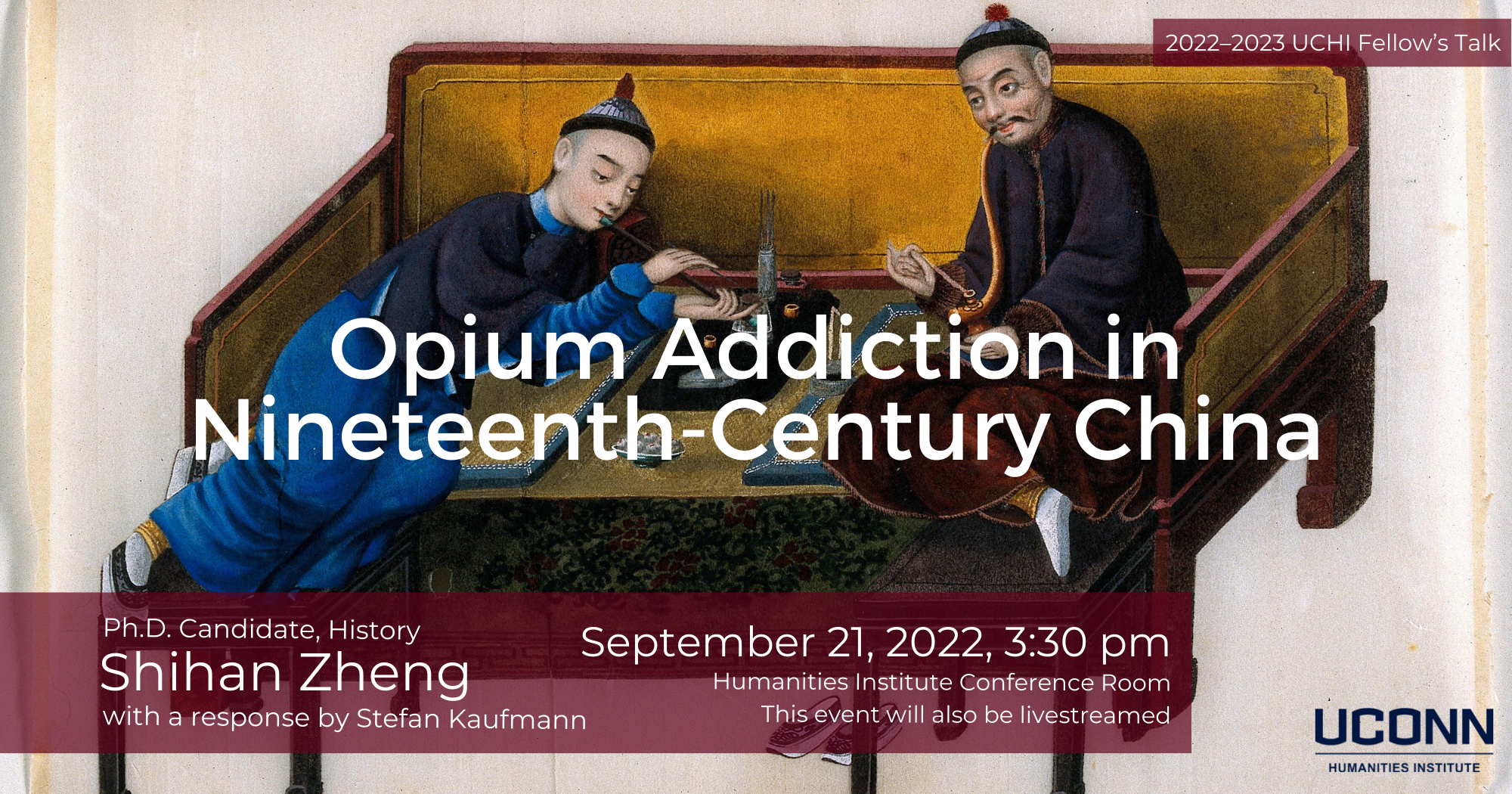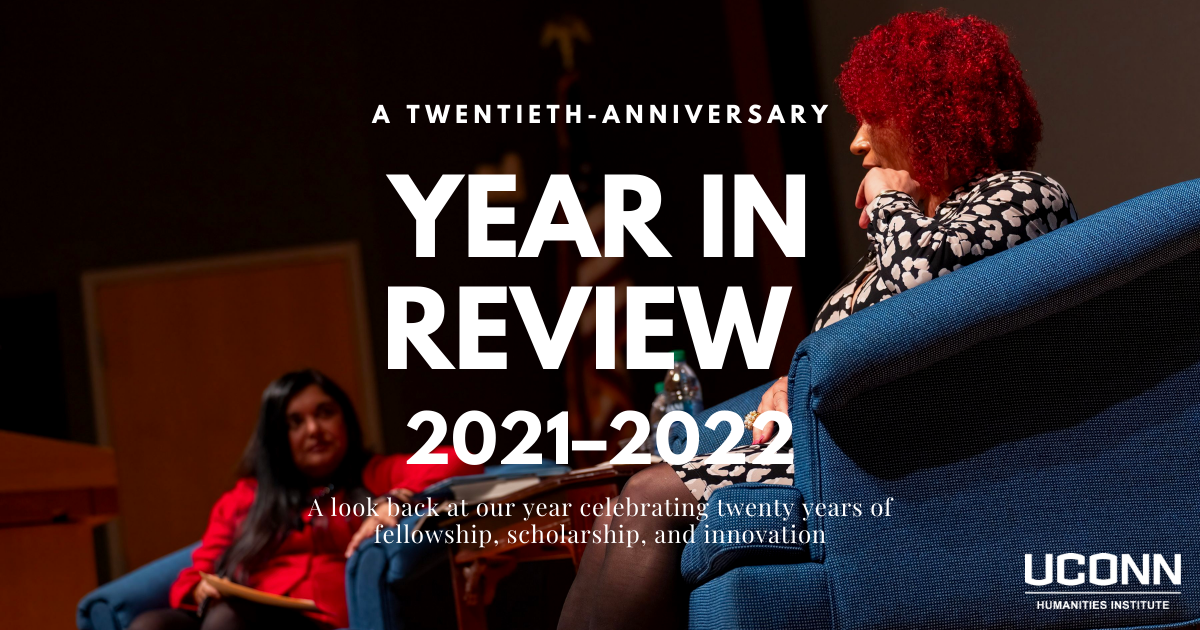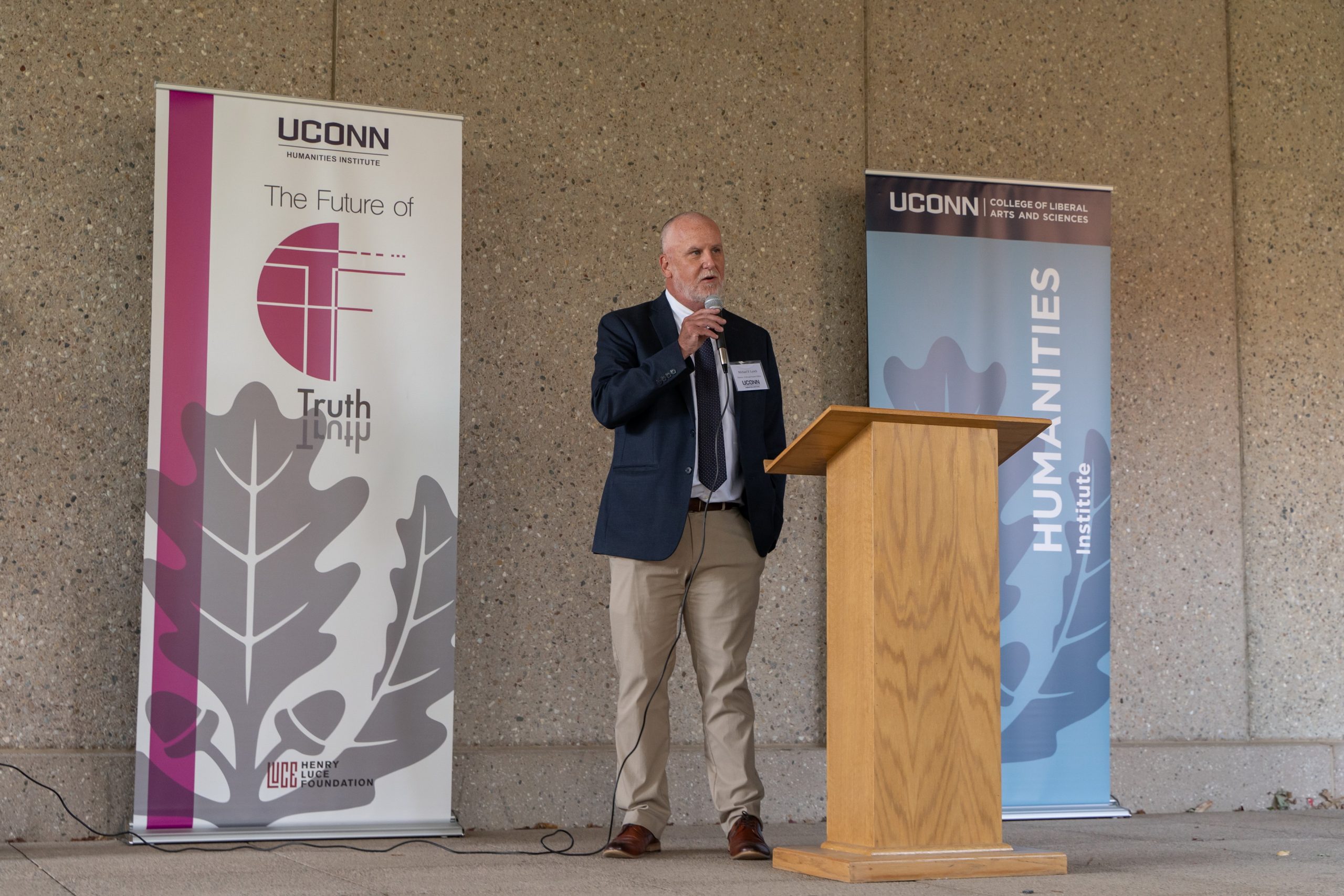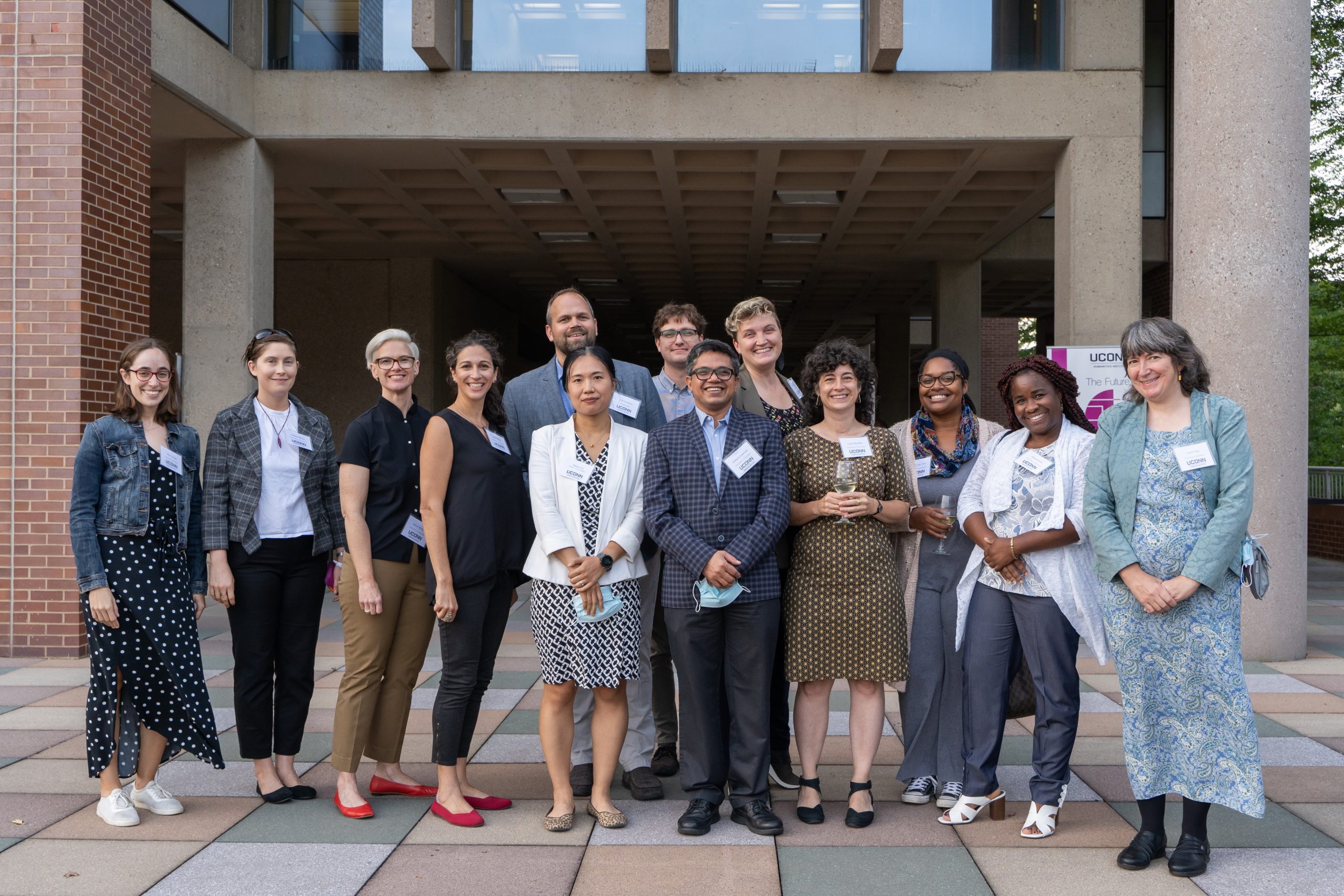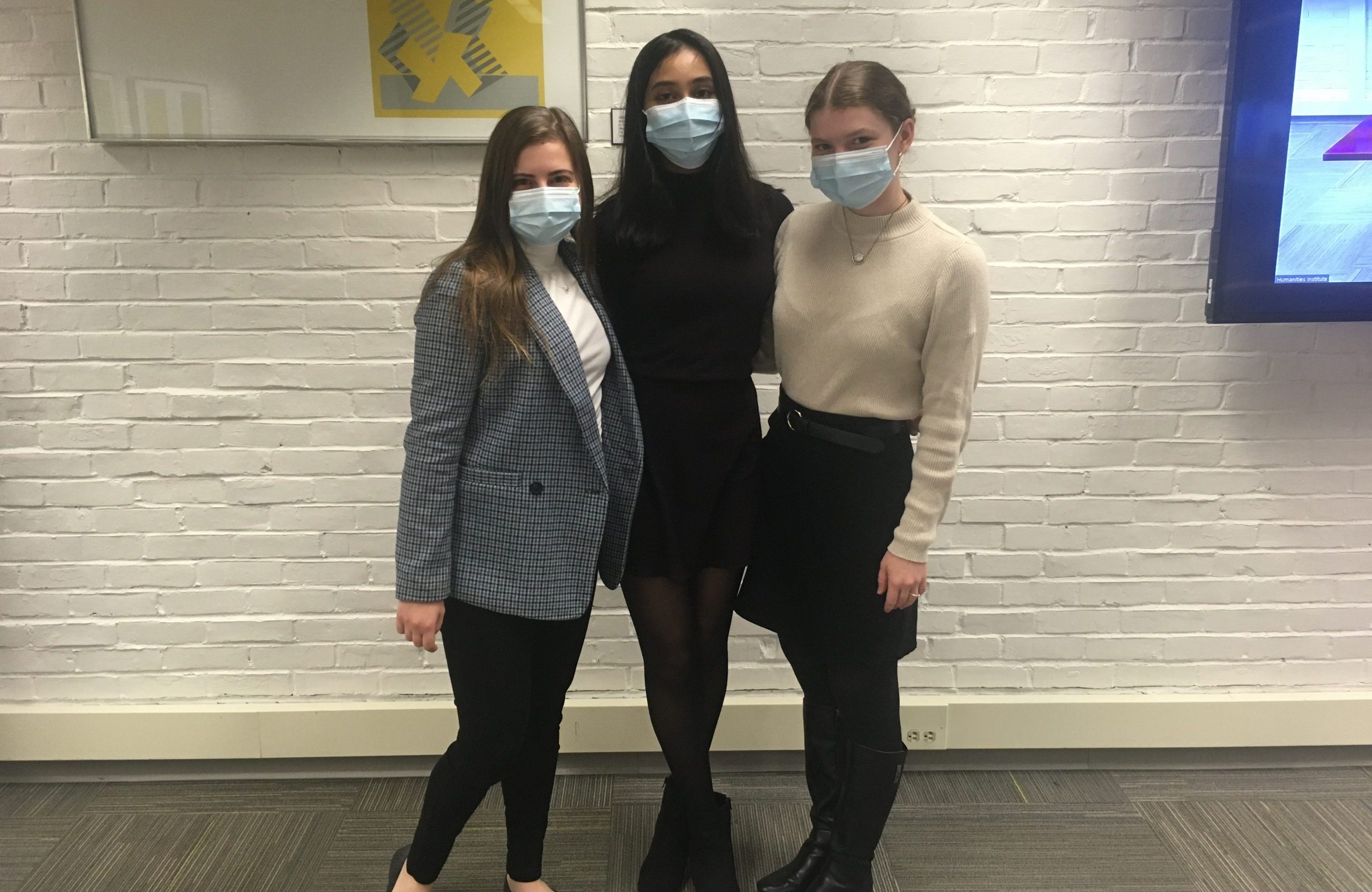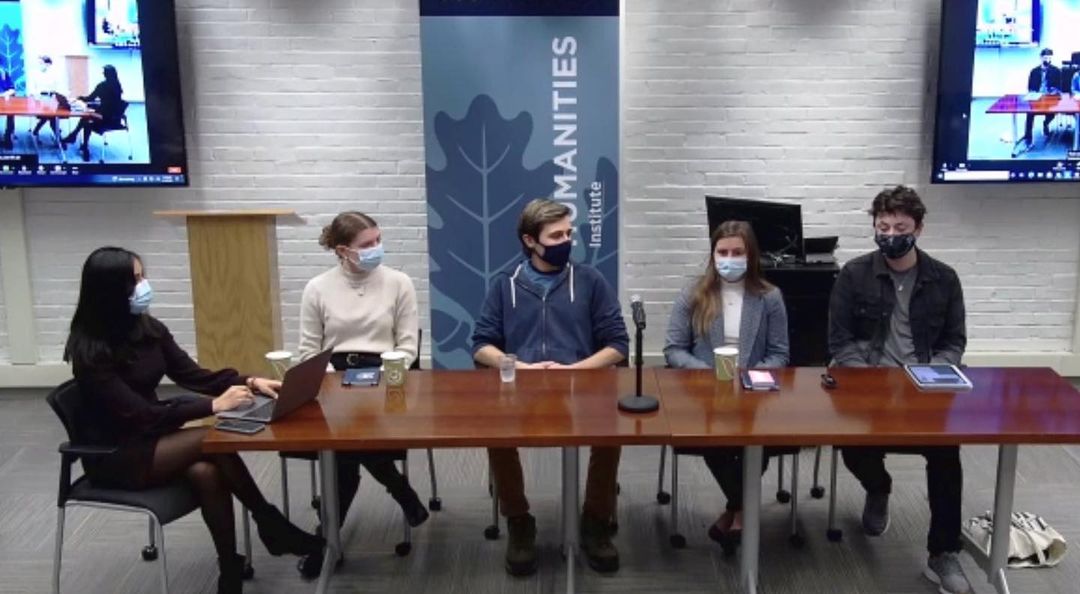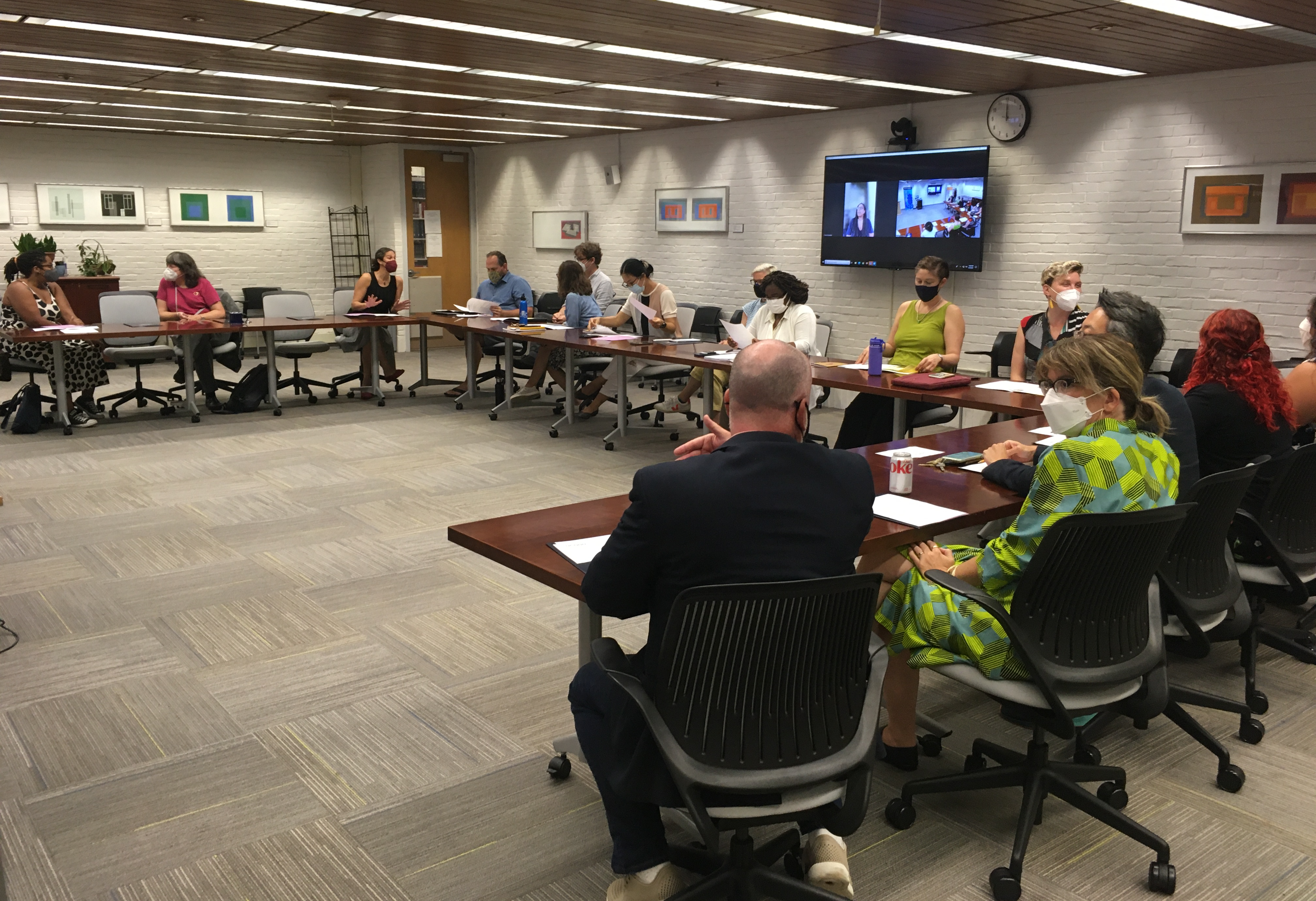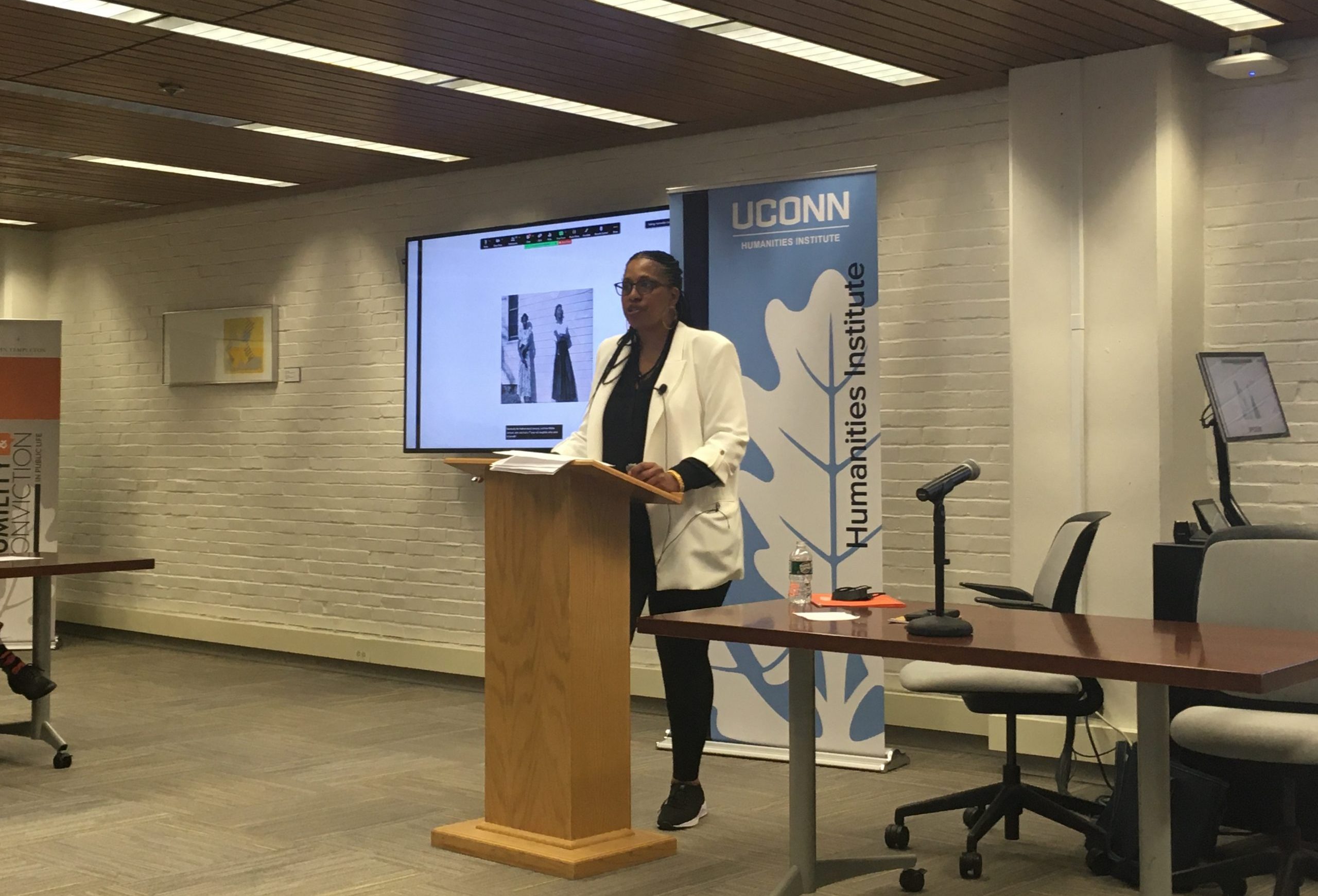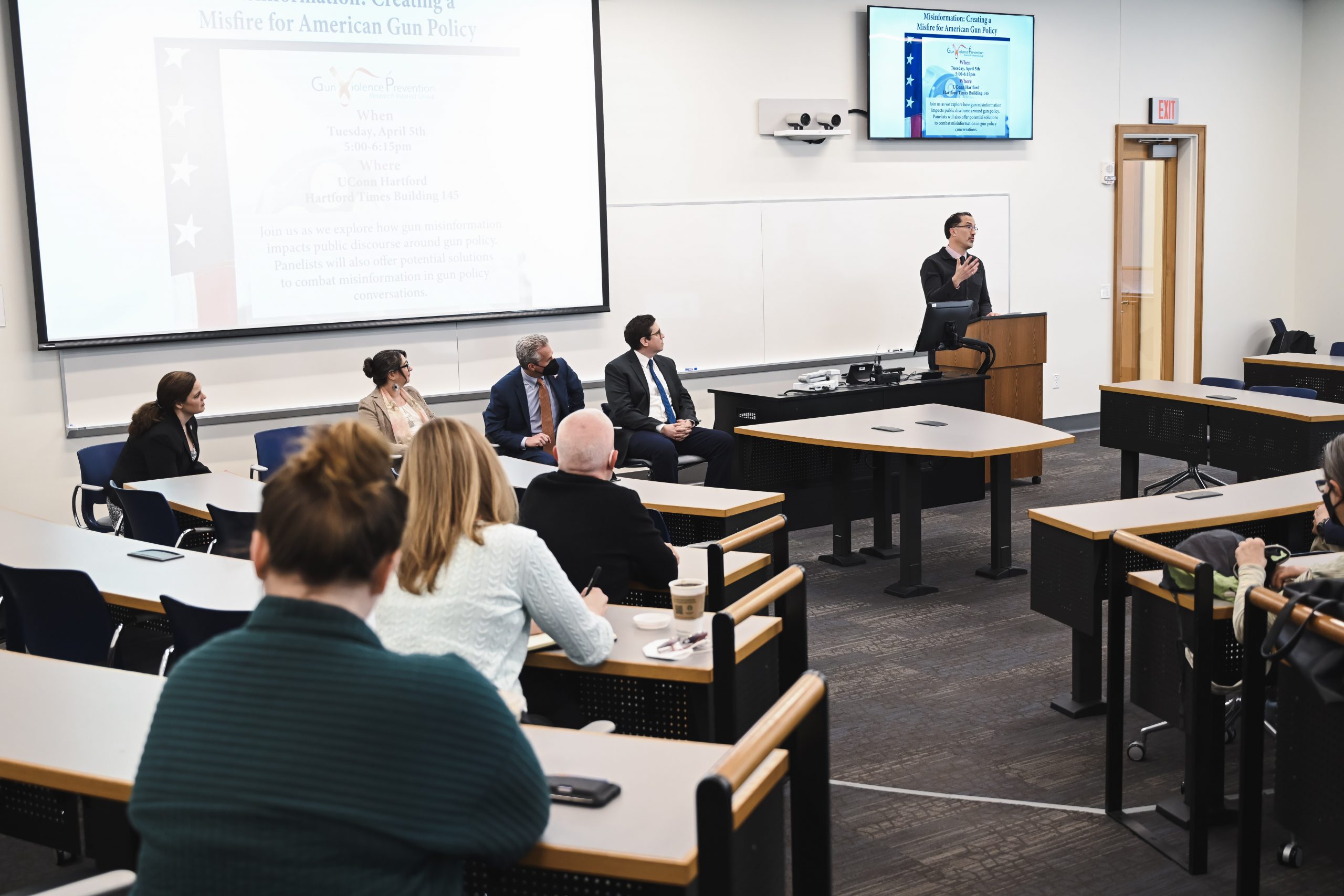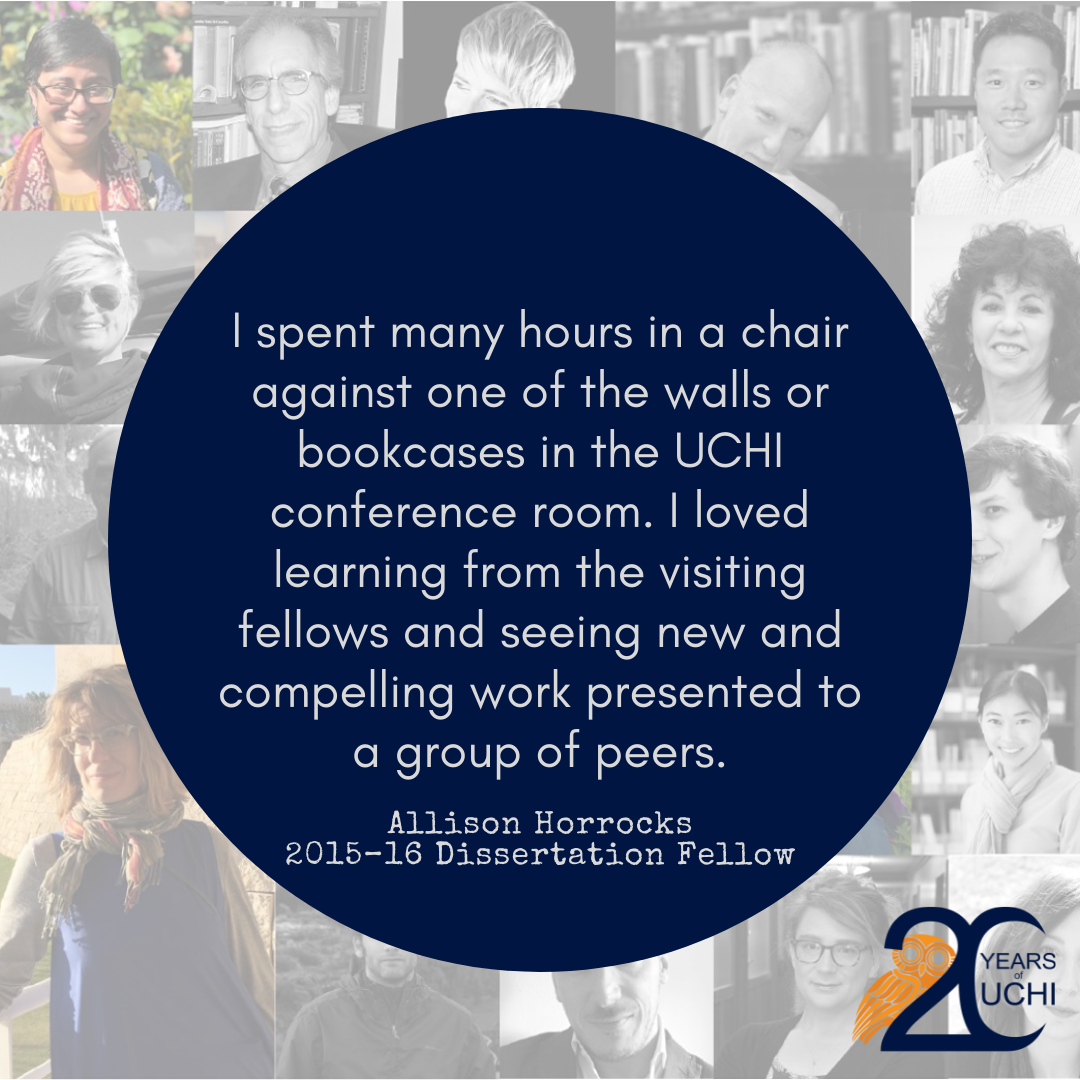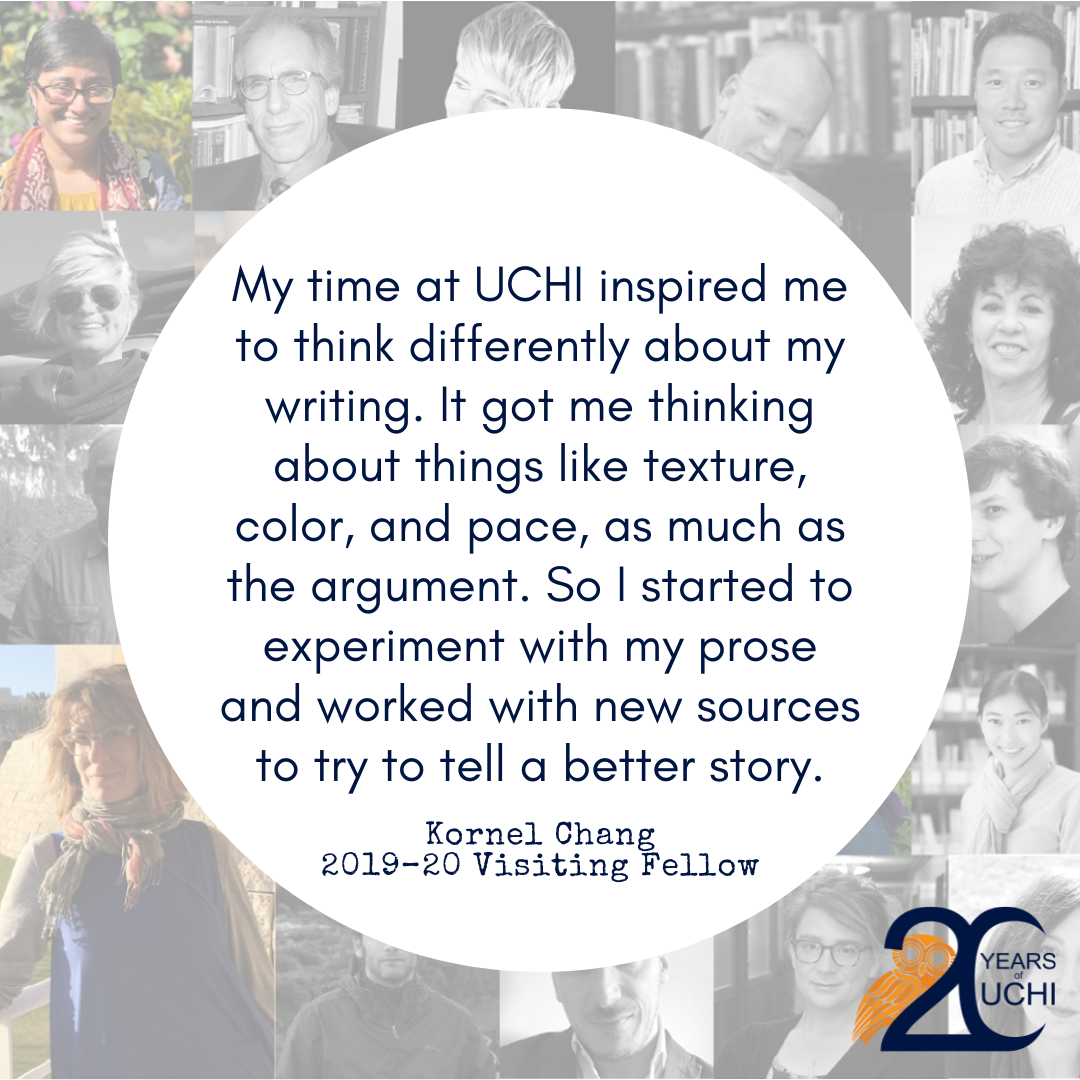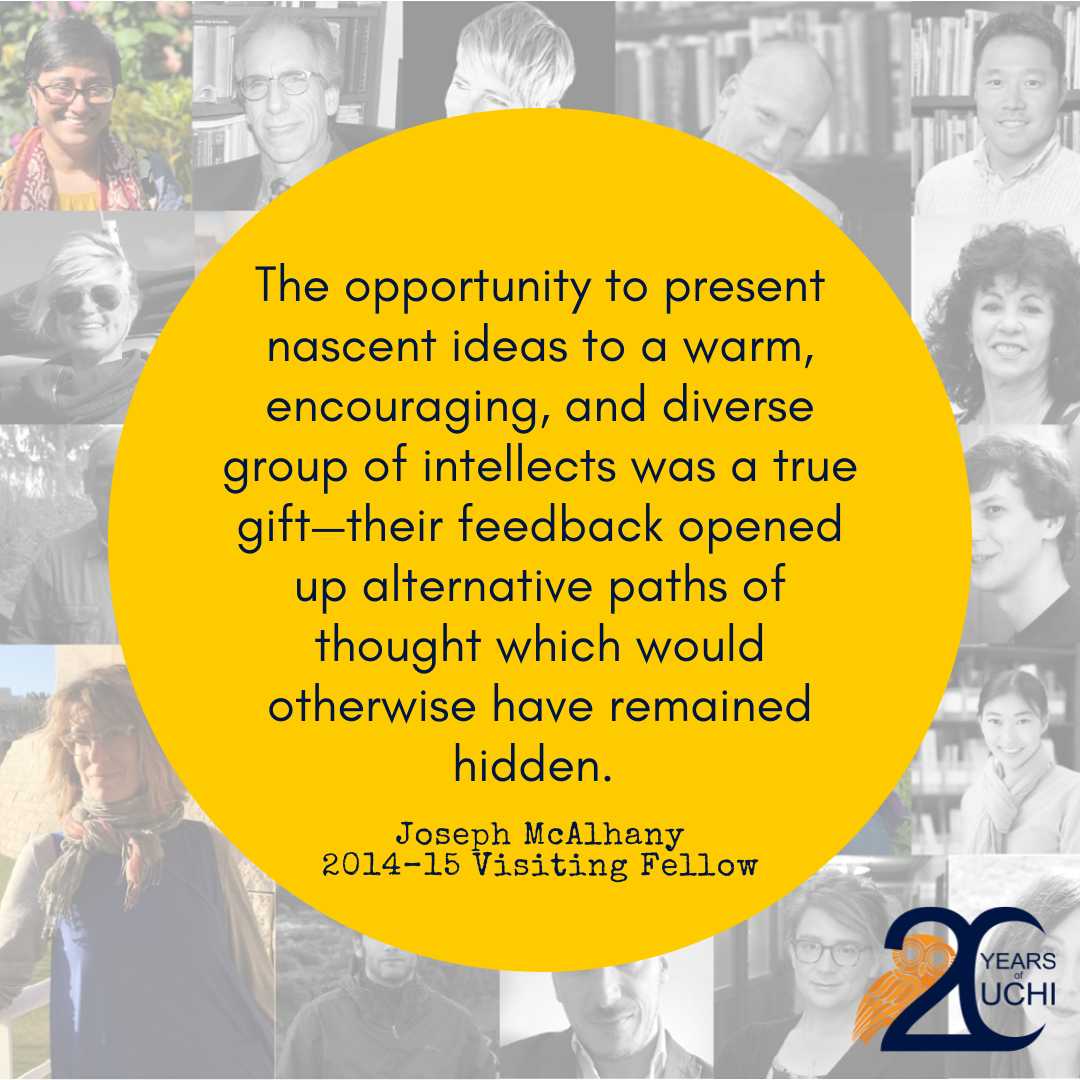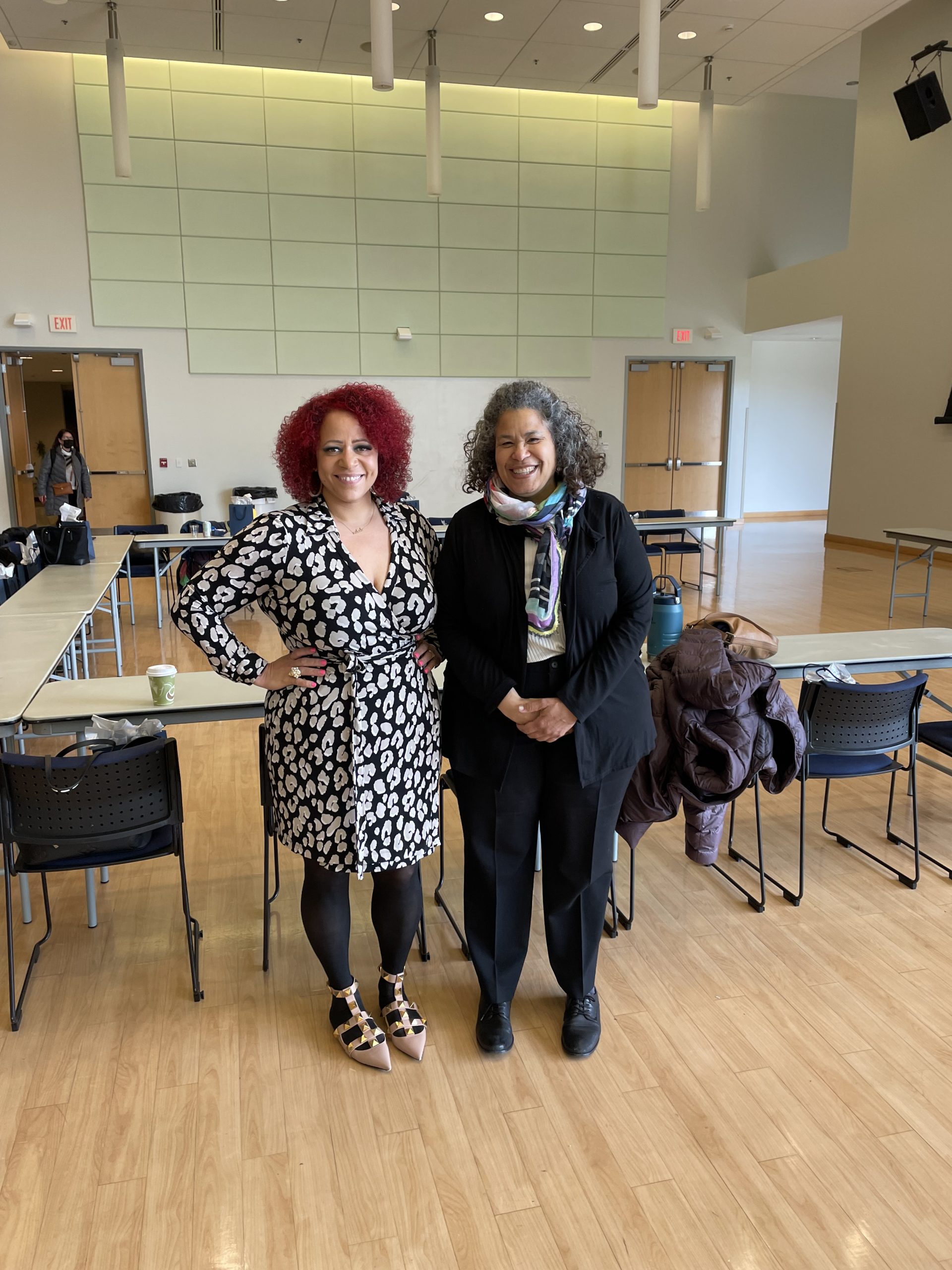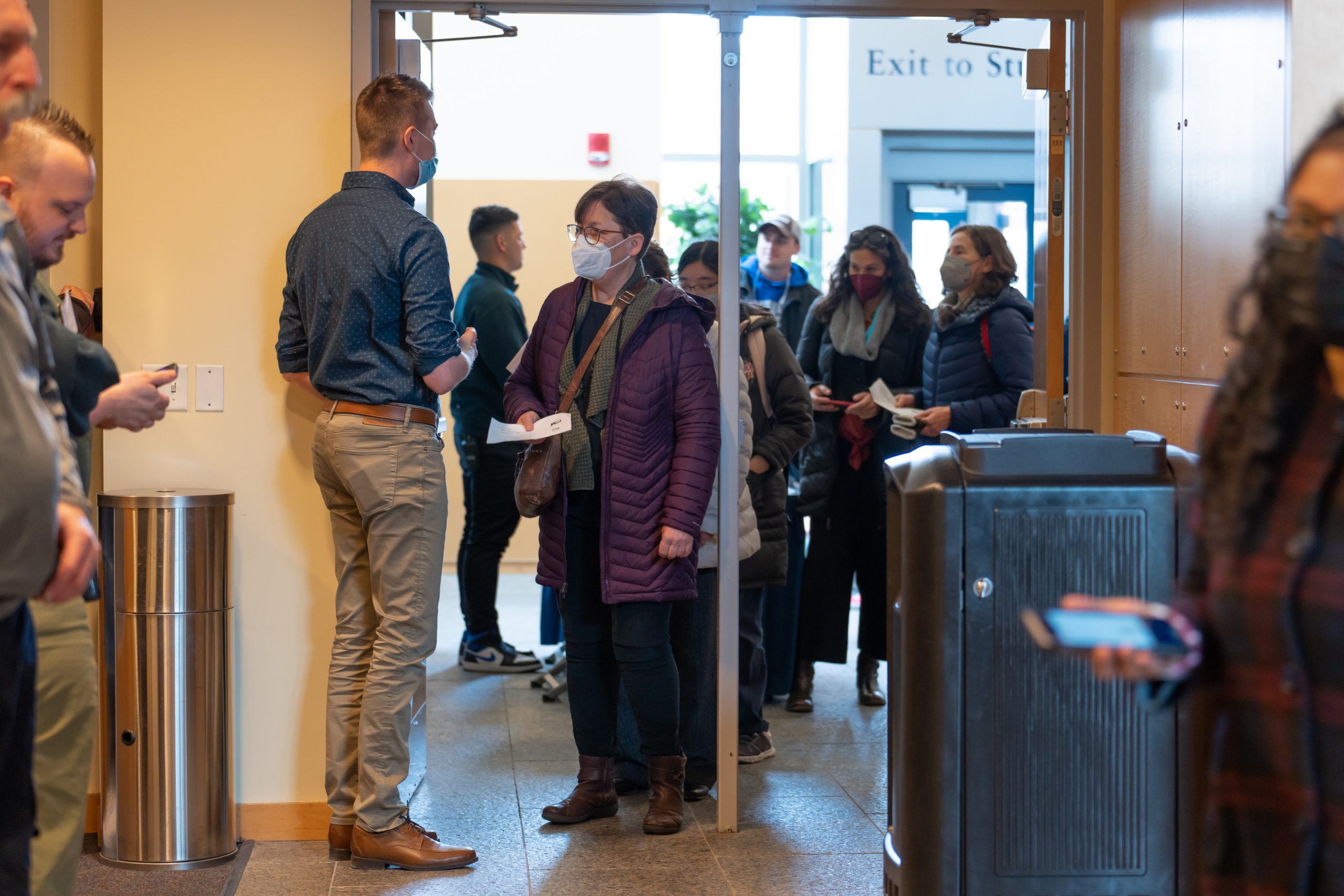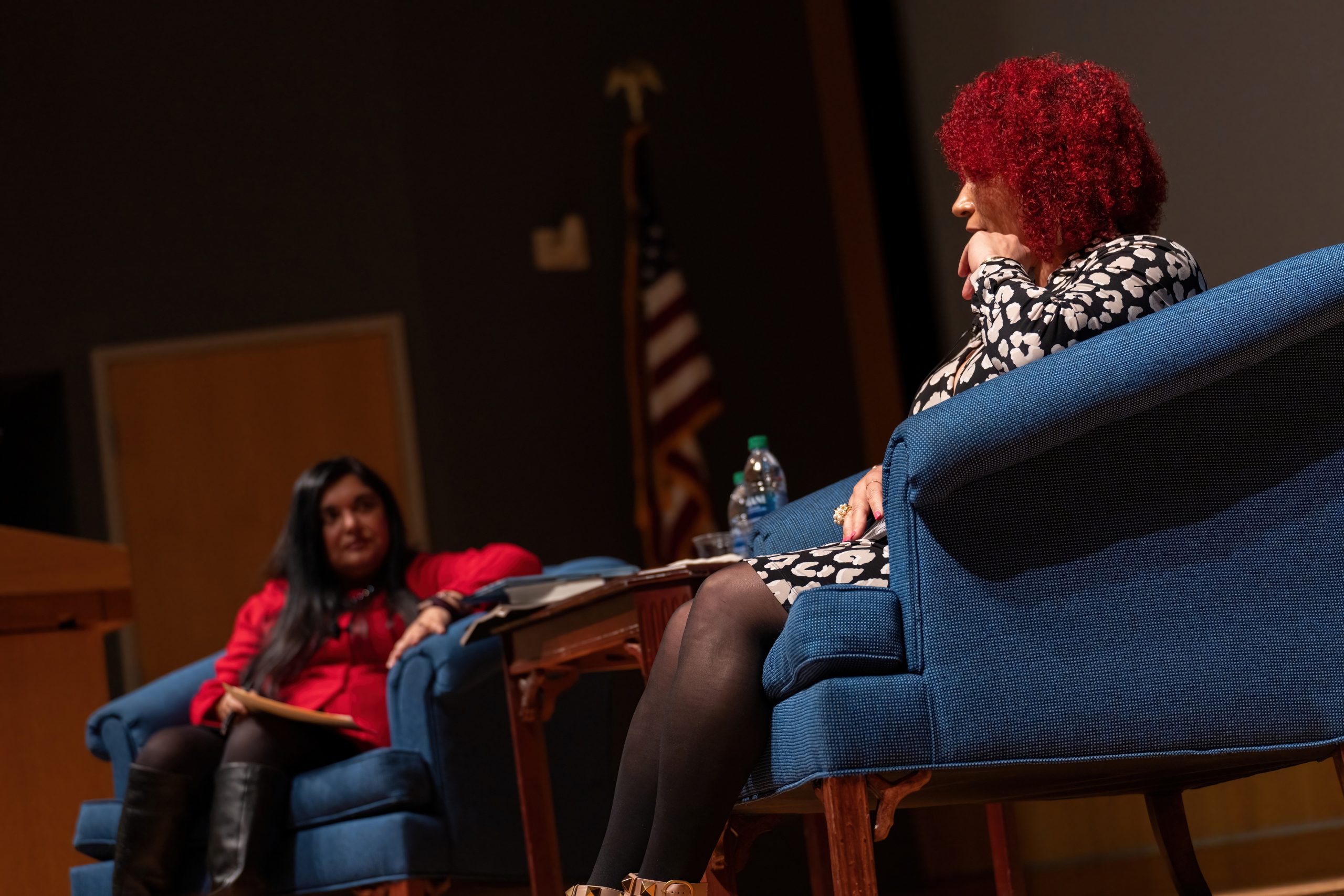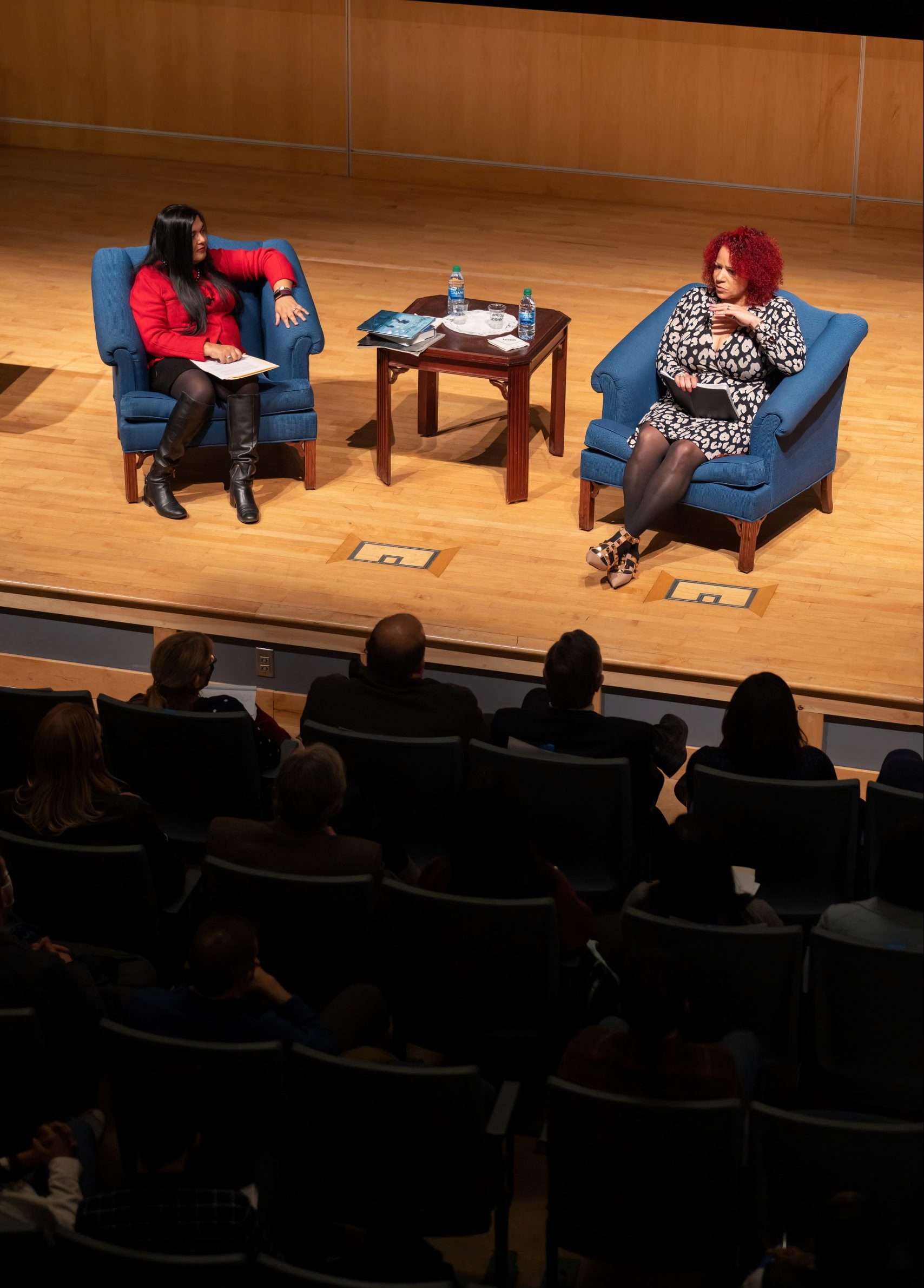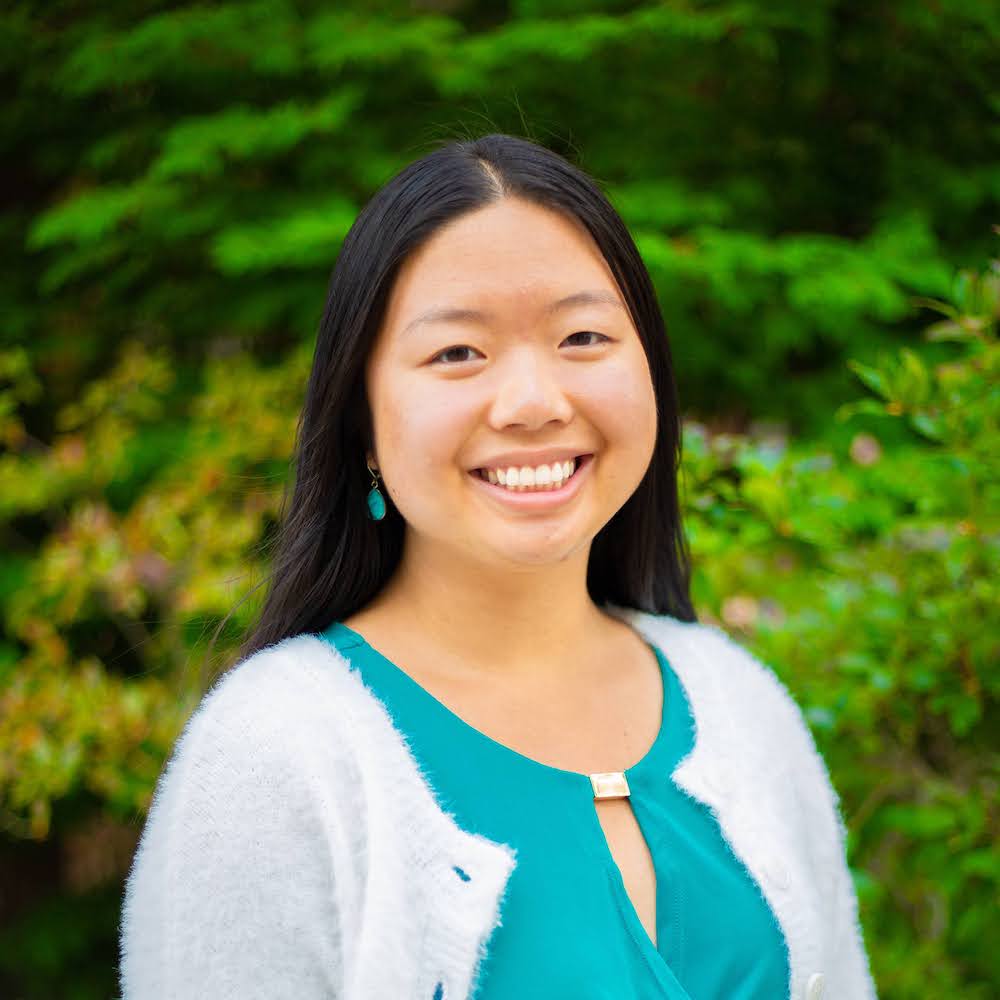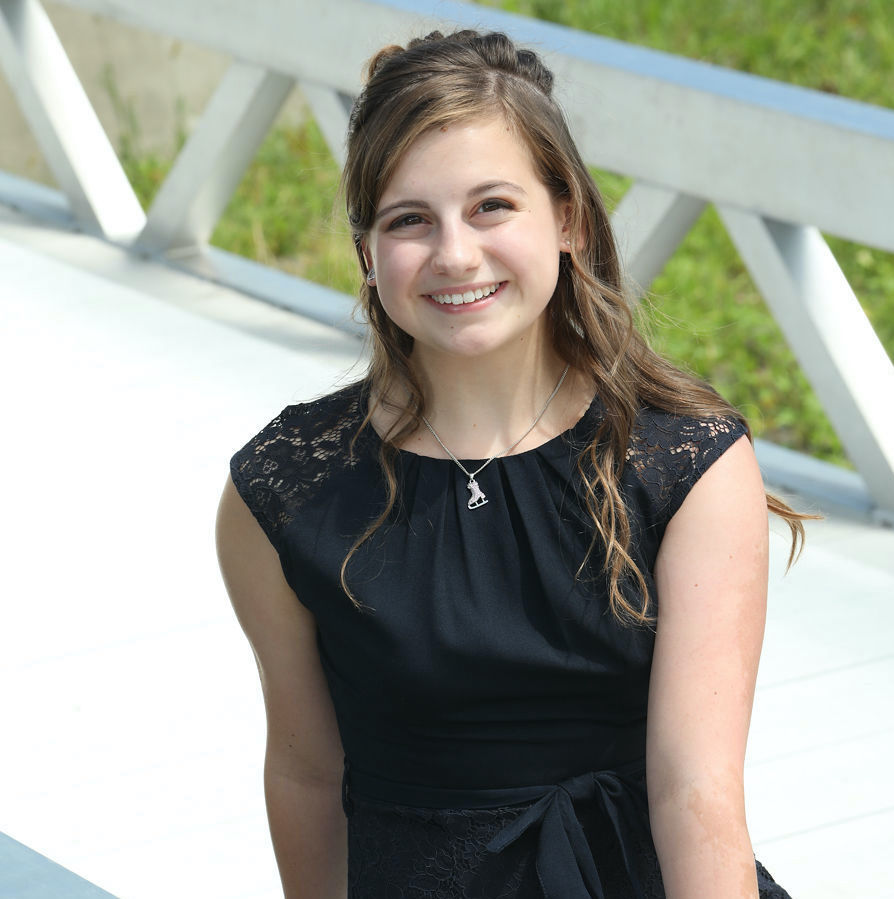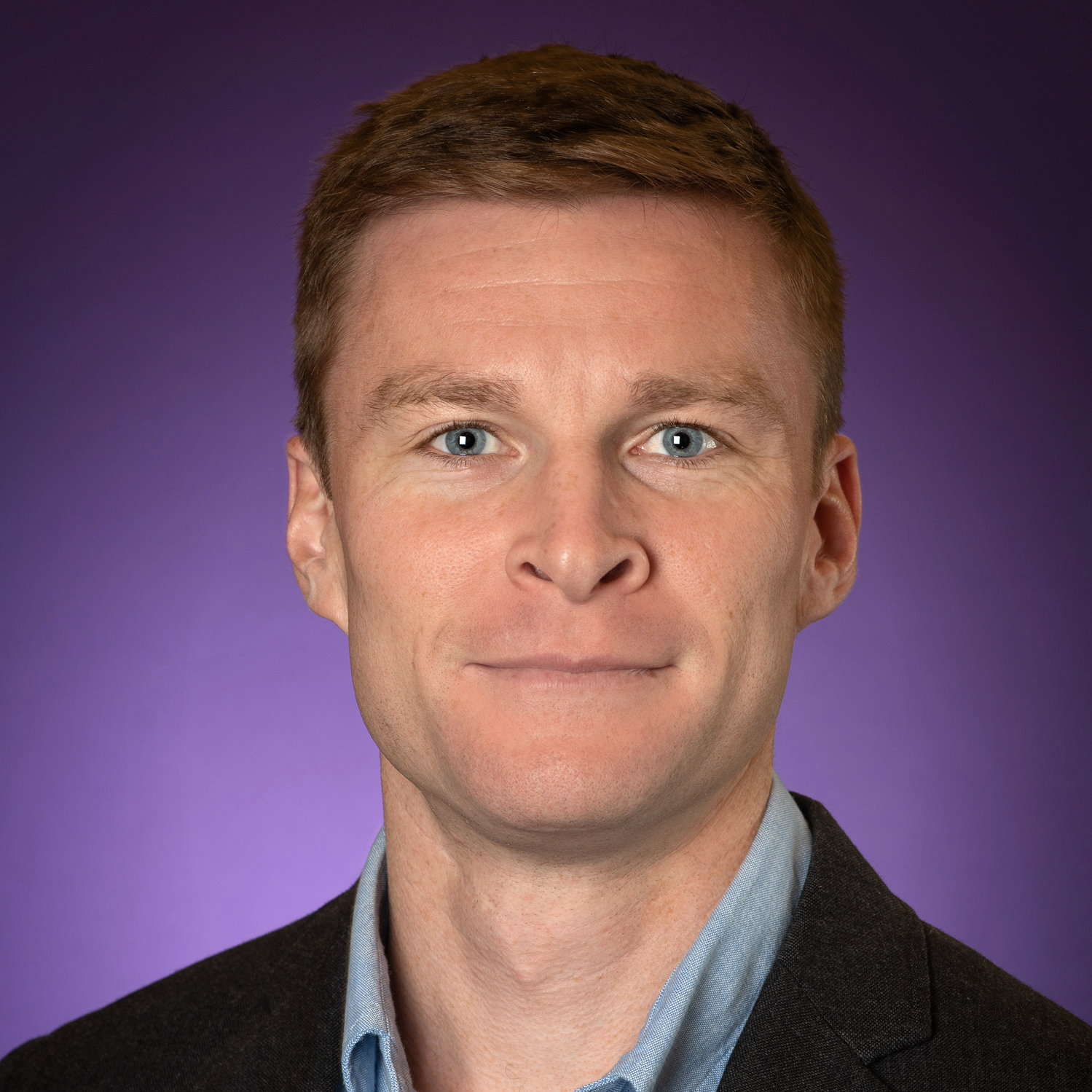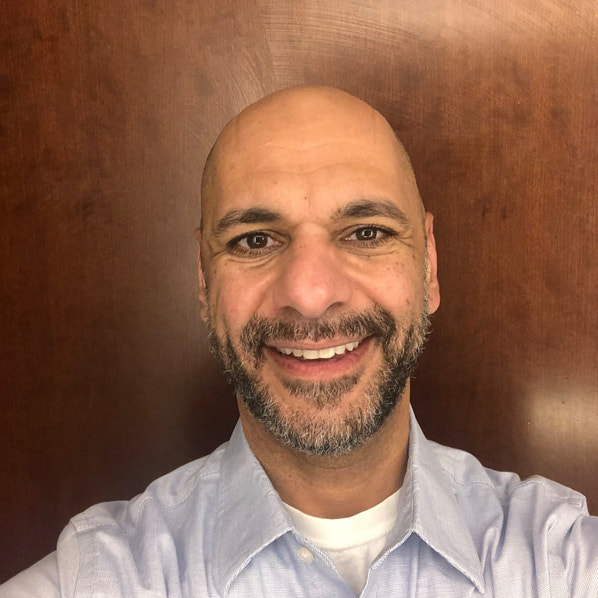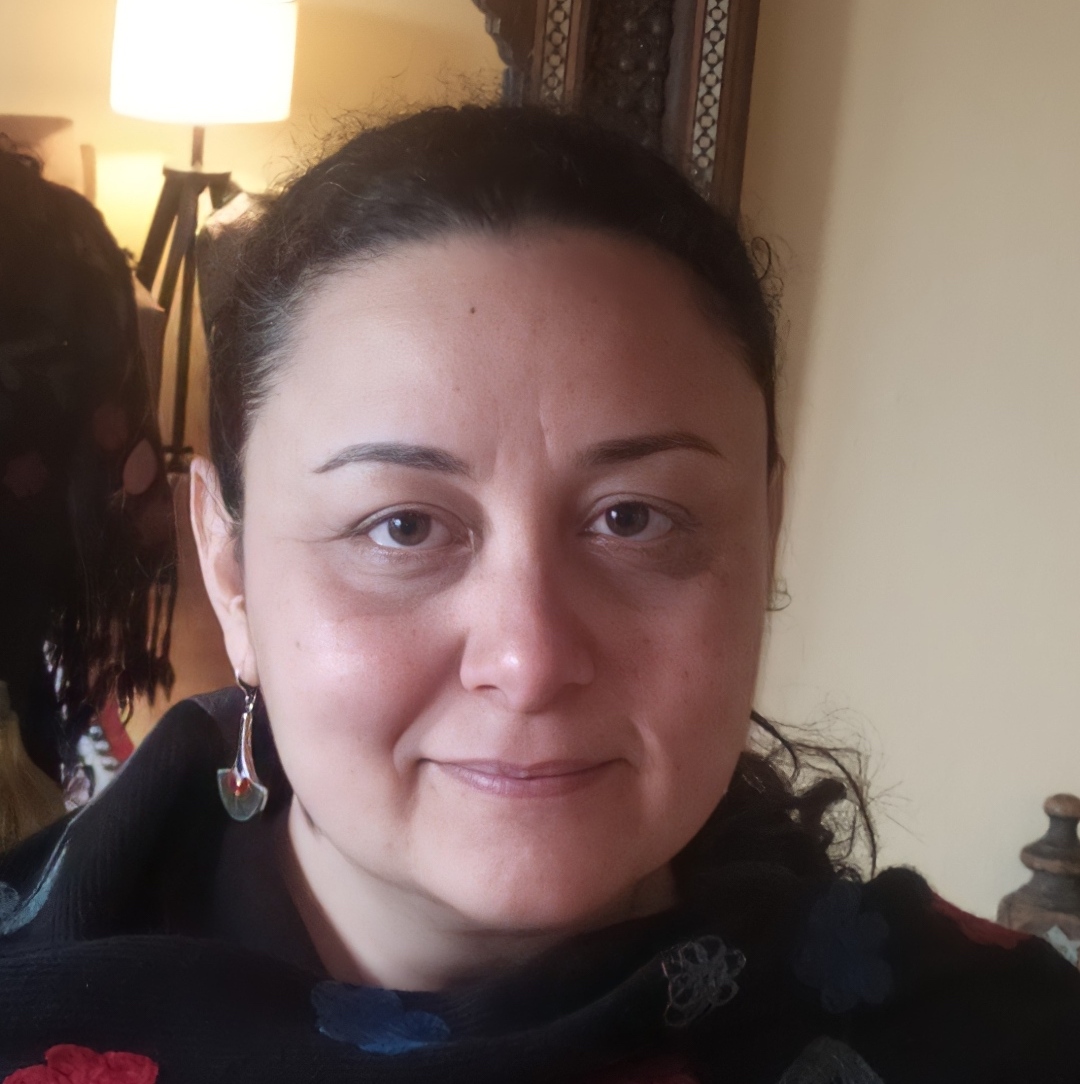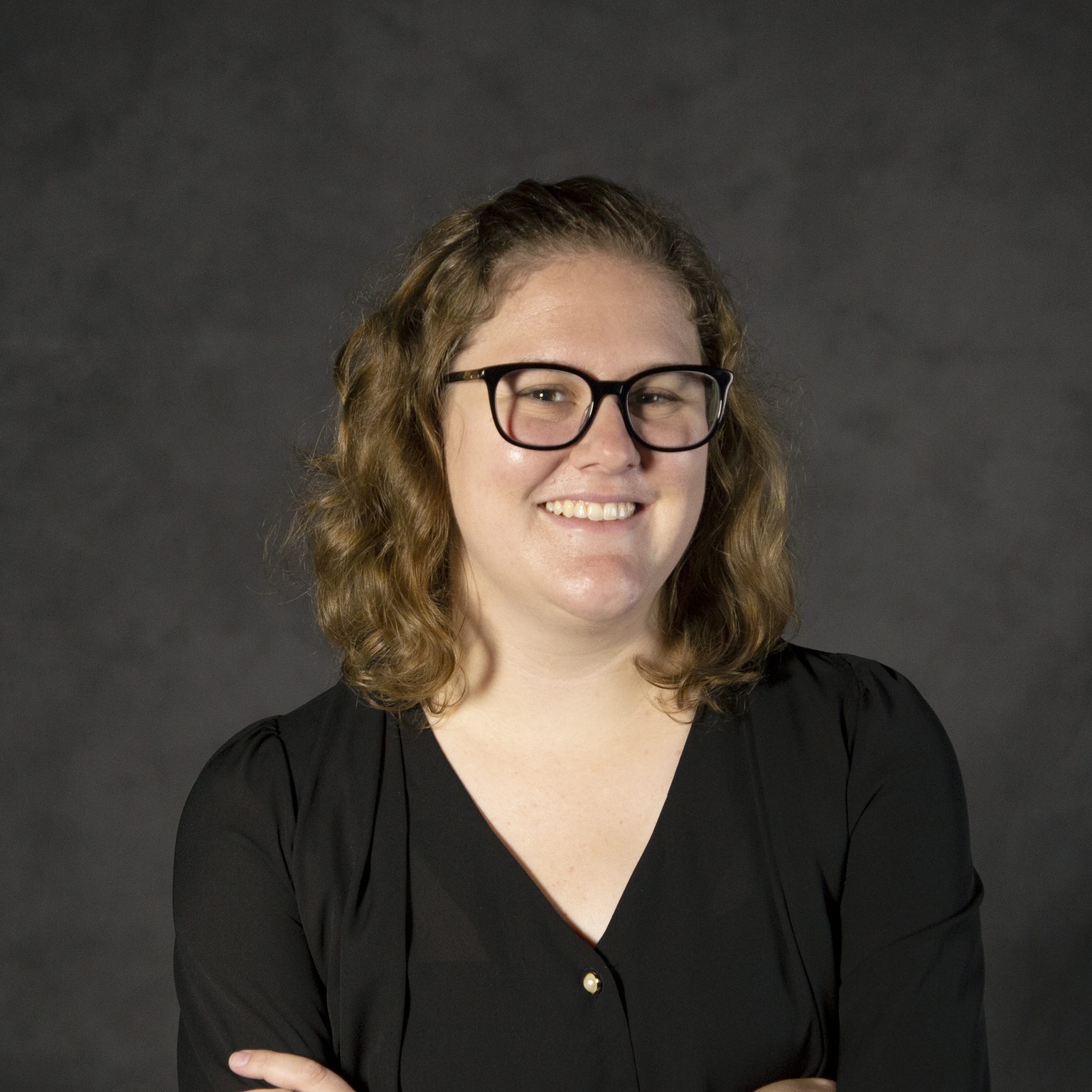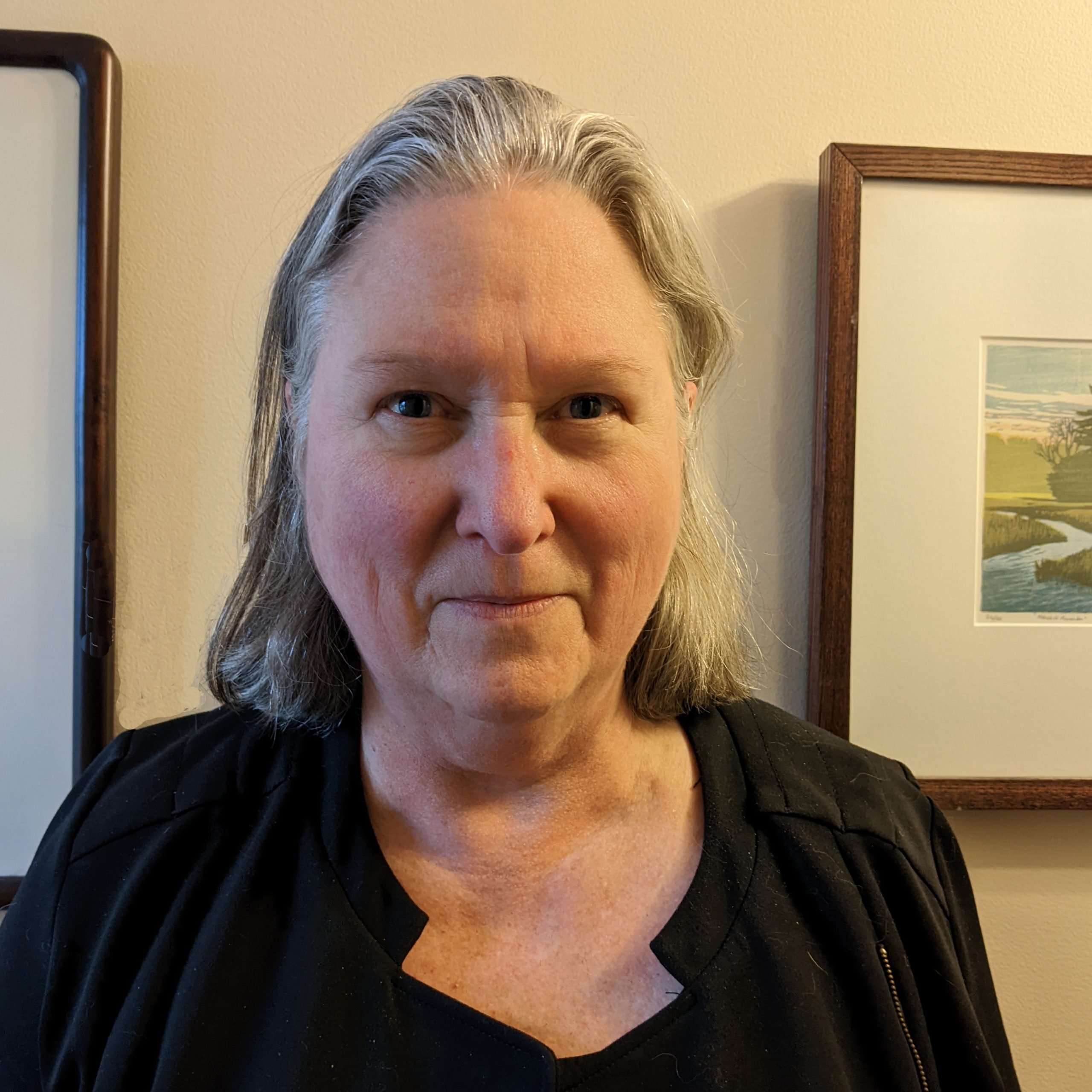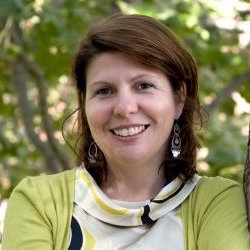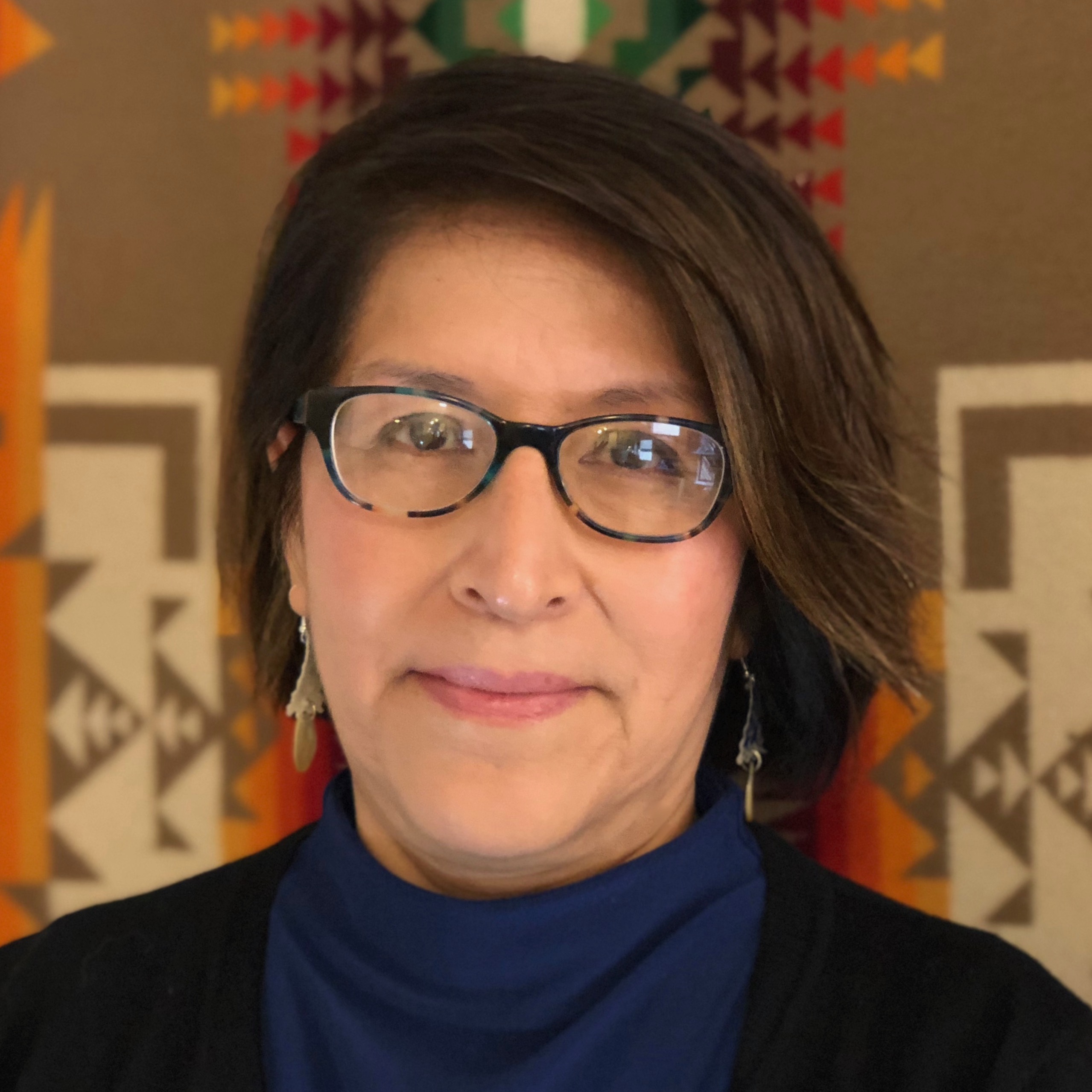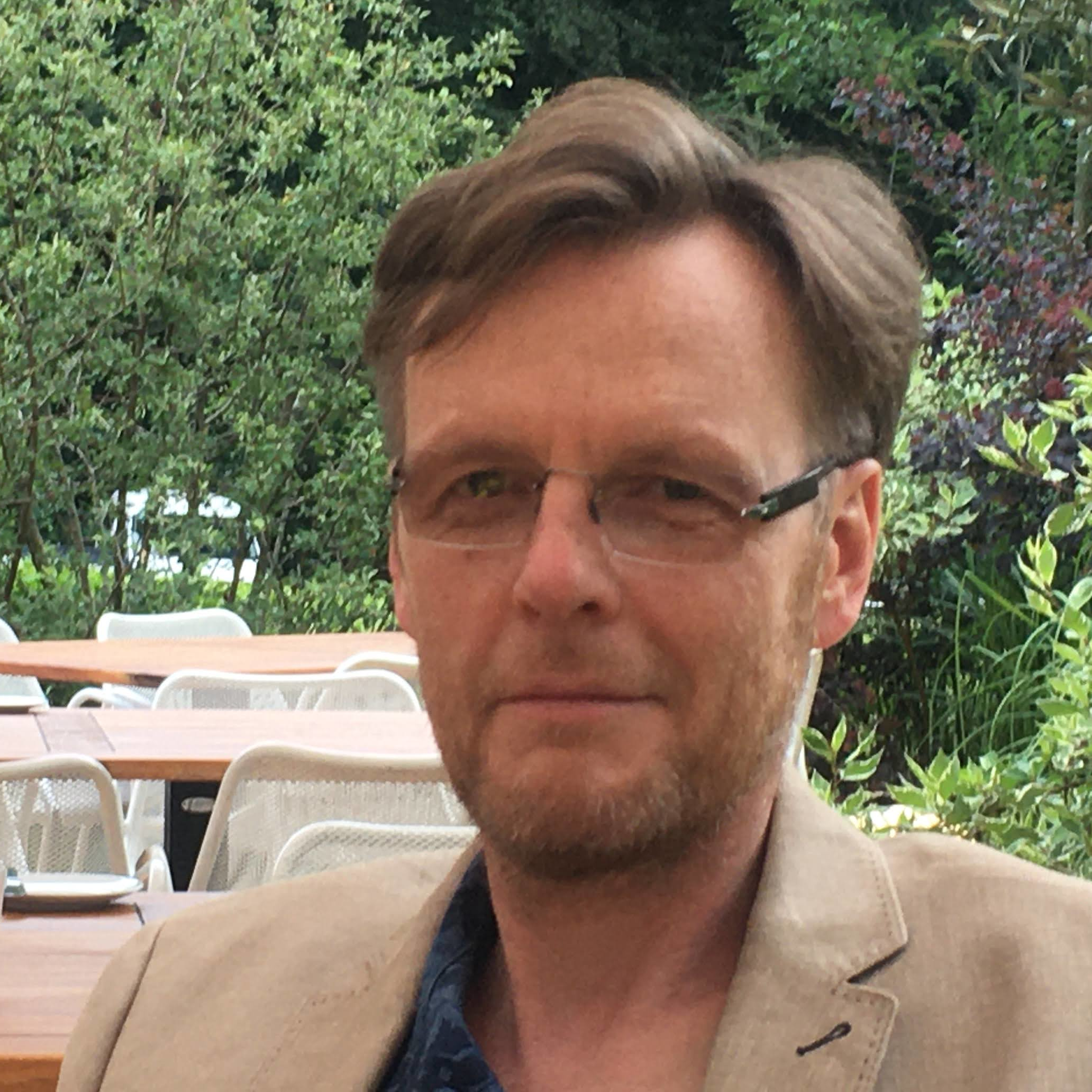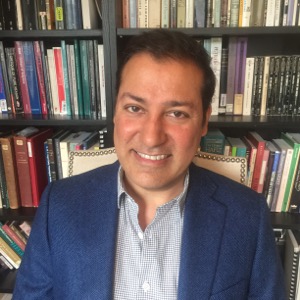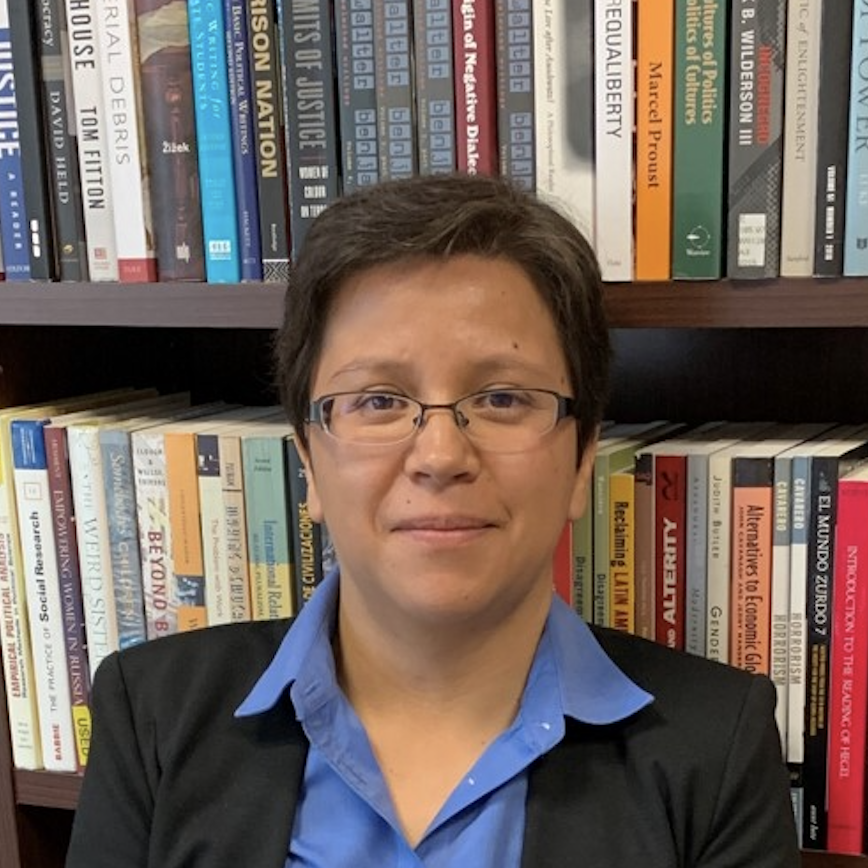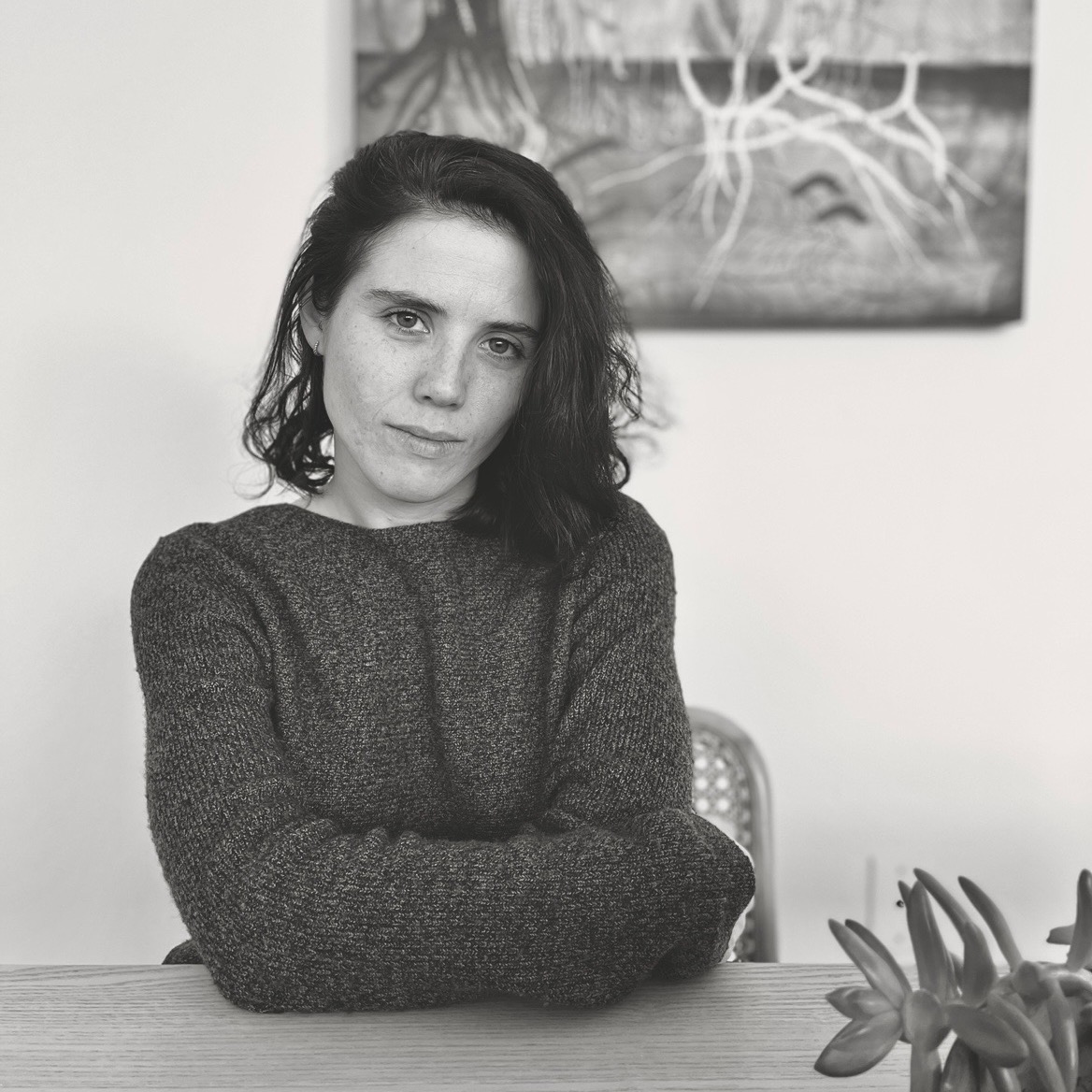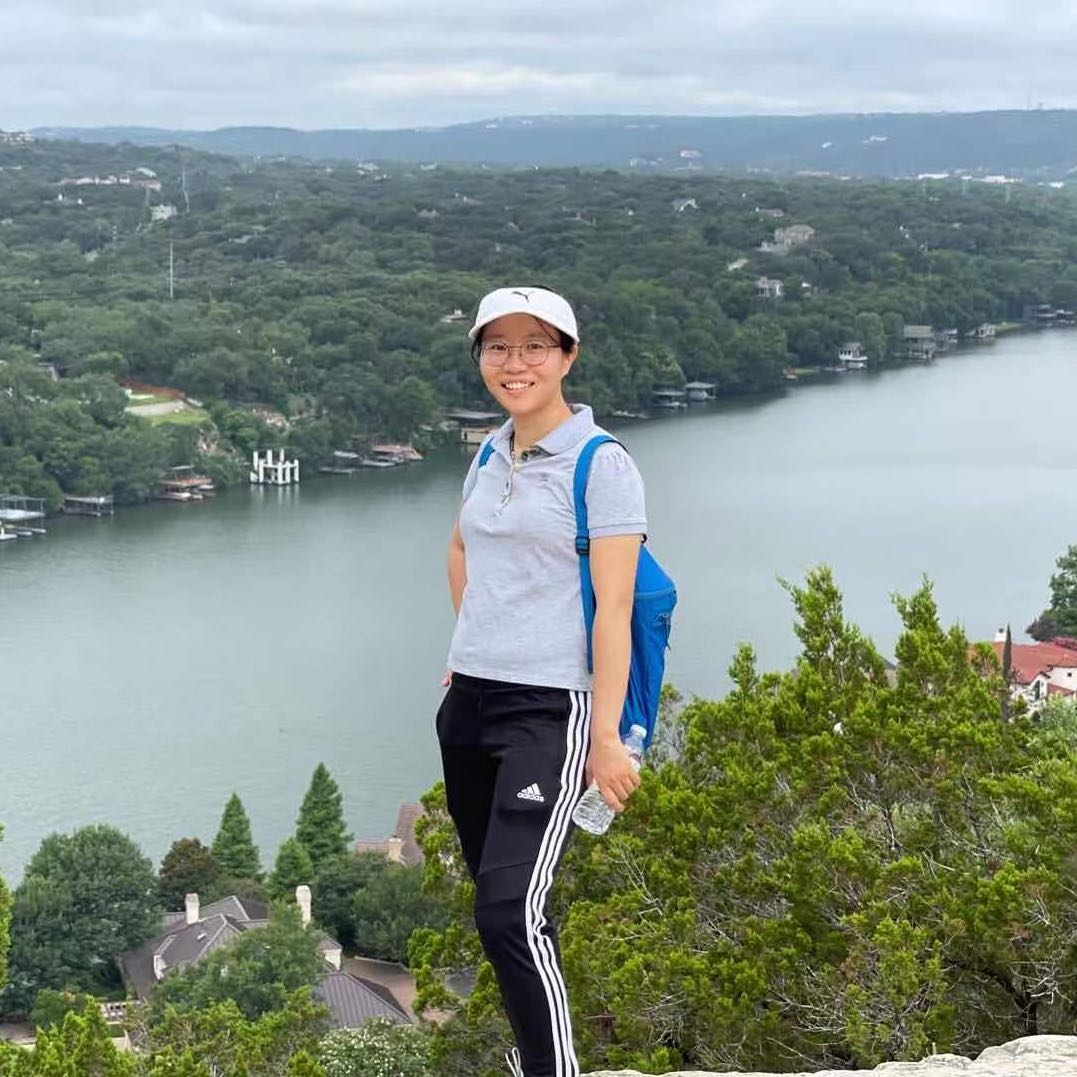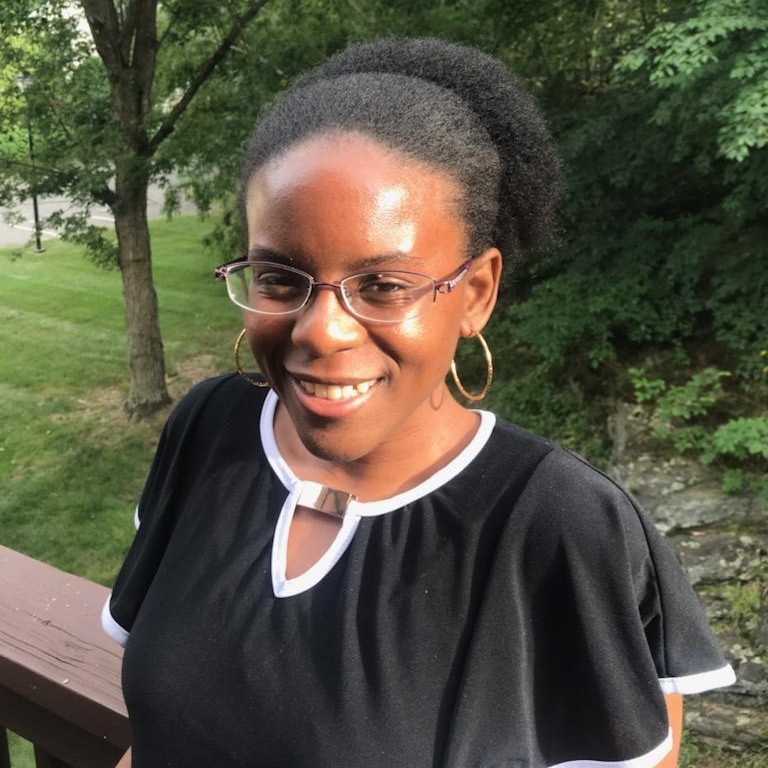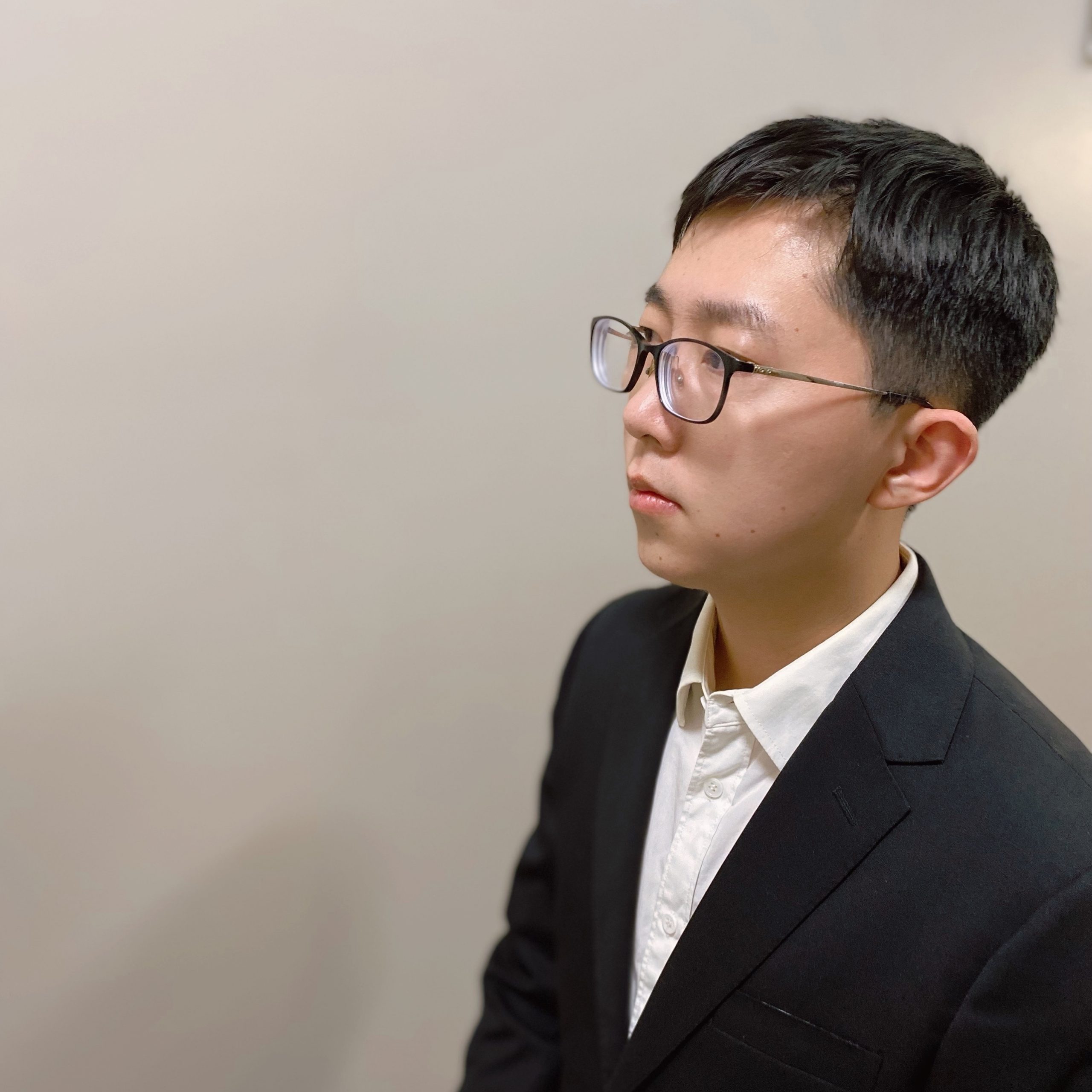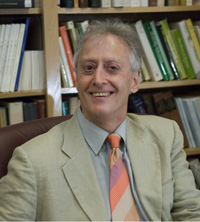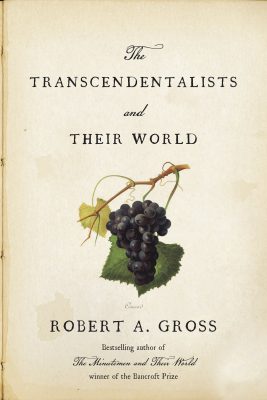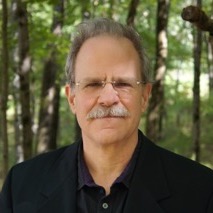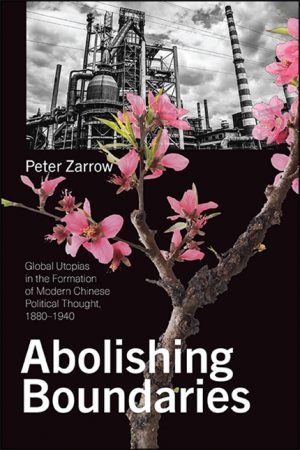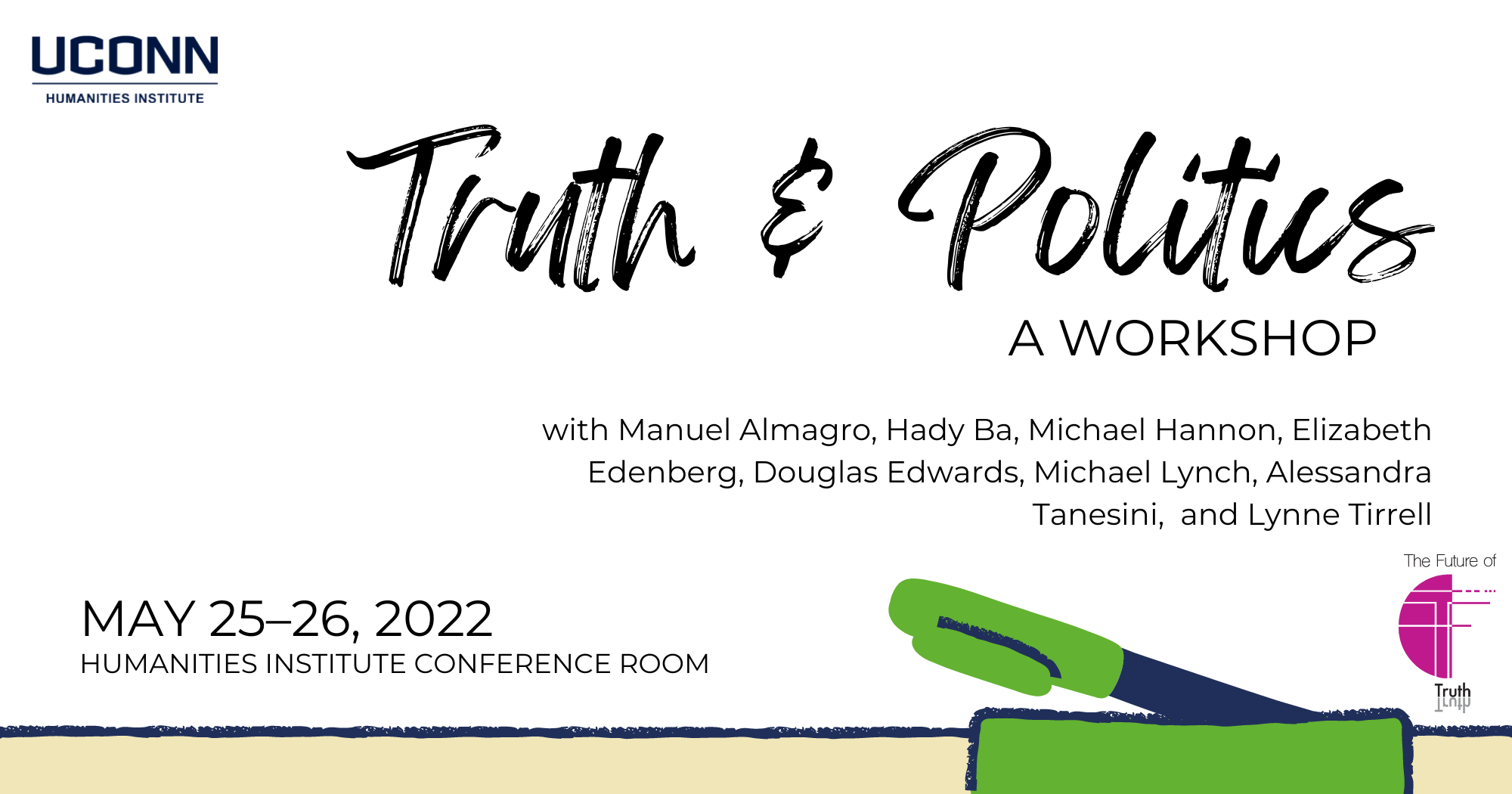Michael Lynch, “The Political Meaning of Truth”
In this paper, I have two aims: the first is to outline some of the main challenges we face in understanding the role and nature of truth in politics. The second is to emphasize one of those challenges, e.g. understanding what I'll call the political meaning of truth: that is, the ways in which our use of truth ascriptions and our pursuit of true beliefs can contribute to political activity, both negatively and positively. I'll argue that we must be careful not to read political meanings into the nature of truth itself, but we should also not be naive about the ways in which metaphysical theories of truth's nature can and do carry political meanings.
Alessandra Tanesini, “Hopes and Political Understanding”
Alessandra Tanesini is Professor of Philosophy at Cardiff University. Her current work lies at the intersection of ethics, the philosophy of language, and epistemology with a focus on epistemic vice, silencing, prejudice and ignorance. Her latest book is The Mismeasure of the Self: A Study in Vice Epistemology (Oxford University Press, 2021).
Manuel Almagro, “Is Polarization an Epistemic Phenomenon?”
Manuel Almagro is a postdoctoral researcher at the University of Granada, Spain. A good amount of his research is focused on the relationship between philosophical issues and social practical concerns. Currently, he’s working on political polarization. He’s also interested in epistemic injustice, disagreement, evaluative language, Wittgenstein’s philosophy, mental health and the political philosophy of language generally.
Michael Hannon, “Public Discourse and its Problems”
Michael Hannon is Associate Professor of Philosophy at the University of Nottingham and Faculty Fellow (2021–22) at The Murphy Institute. He is author of What’s the Point of Knowledge? (Oxford University Press, 2019) and co-editor of Political Epistemology (Oxford University Press, 2021).
Elizabeth Edenberg, “Algorithmic Personalization and Seeking the Truth”
Elizabeth Edenberg is an Assistant Professor of Philosophy at Baruch College, CUNY. She specializes in political philosophy, political epistemology, and the ethics of emerging technologies. Her research investigates ways to develop mutual respect across the moral and political disagreements that characterize contemporary society, while securing just structures of political cooperation that protect the equality of marginalized populations. She also works in collaboration with computer scientists on broader ethical and political challenges posed by emerging technologies, especially questions of privacy, consent, and social justice as they arise within big data and artificial intelligence.
Prior to joining Baruch College, she served as Senior Ethicist and Assistant Research Professor at Georgetown University’s Ethics Lab where she led translational ethics projects designed to empower both students and experts to address the urgent issues of our time. She led collaborations with a wide variety of partners beyond the academy, from public impact projects to policy teams seeking practical progress on complex ethical issues. She also led Ethics Lab’s work integrating ethics into courses across the university, from computer science to international policy and foreign service.
Douglas Edwards, “Institutional Truth and Political Reform”
Douglas Edwards is a philosopher who works primarily on truth and associated issues in metaphysics, philosophy of language, and epistemology (and occasionally dabbles in professional wrestling). He is the author of Properties (Polity Press, 2014), Philosophy Smackdown (Polity Press, 2020), and The Metaphysics of Truth (Oxford University Press, 2018), which won the American Philosophical Association’s 2019 Sanders Book Prize. He has written numerous articles in leading philosophy journals along with public philosophy pieces, is the editor of Truth: A Contemporary Reader (Bloomsbury Press, 2019), and is an Associate Editor of the journal Analysis. He is an Associate Professor of Philosophy at Utica University.
Hady Ba, “The Paradoxical Indispensability of Truth in Politics”
According to Arendt, “it may be in the nature of the political realm to be at war with truth in all its forms.” First, I will show why it is almost impossible to reconcile politics with truth be it in an authoritarian system or democratic one. I will then argue that truth may be contradictory to politics but it is indispensable to policy and to the survival of society. Therefore, it is indispensable for society to ensure that truth preserving mechanisms are introduced into the political system and ultimately into politics.
An Associate-Professor of Philosophy at Cheikh Anta Diop University in Senegal, Hady BA is at University of Connecticut as a Fulbright Scholar. He holds a PhD in Cognitive Science from The Jean Nicod Institute in Paris and is currently writing a book on the epistemology of the Global South.
Lynne Tirrell, “Truth, Trust, & Fear of Expertise”
Lynee Tirrell is professor of Philosophy at the University of Connecticut. Her research concerns issues at the intersections of philosophy of language with social and political philosophy. She focuses on the ways that linguistic practices influence or shape social justice or facilitate injustice, how these practices enhance or violate human rights.
